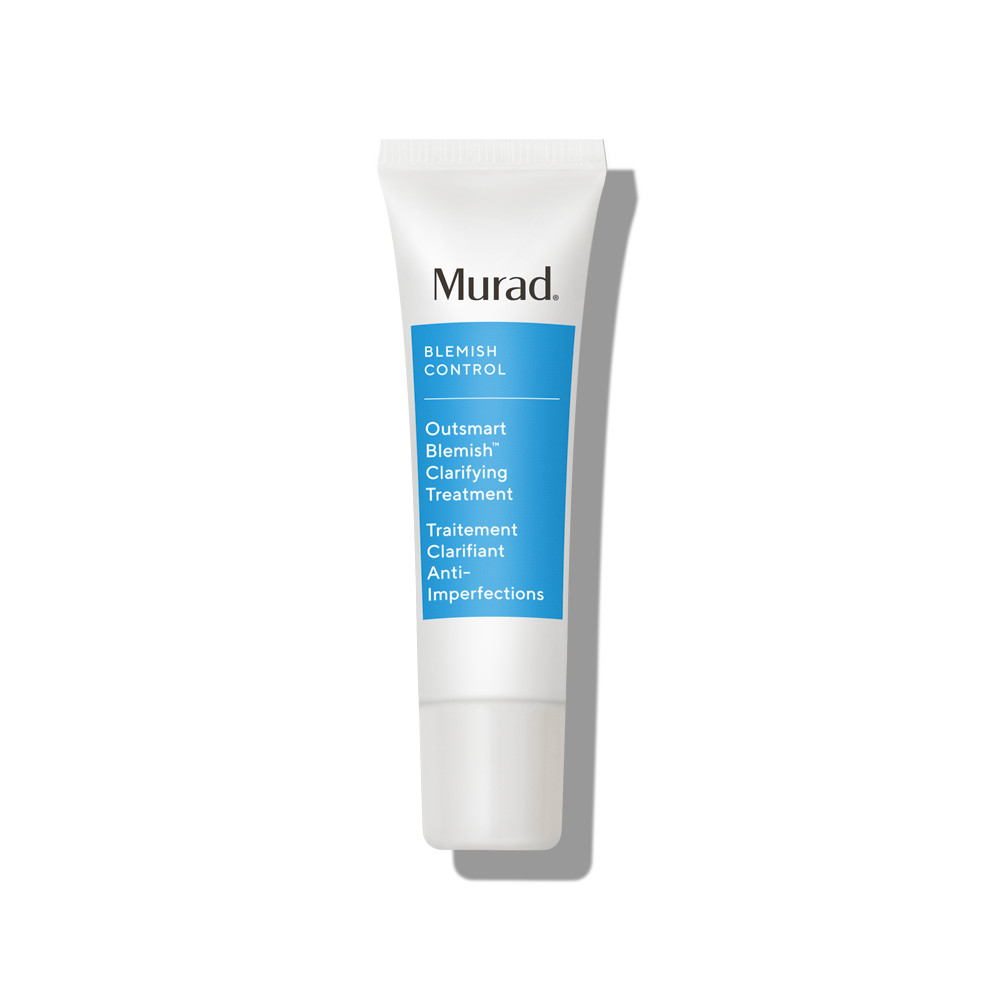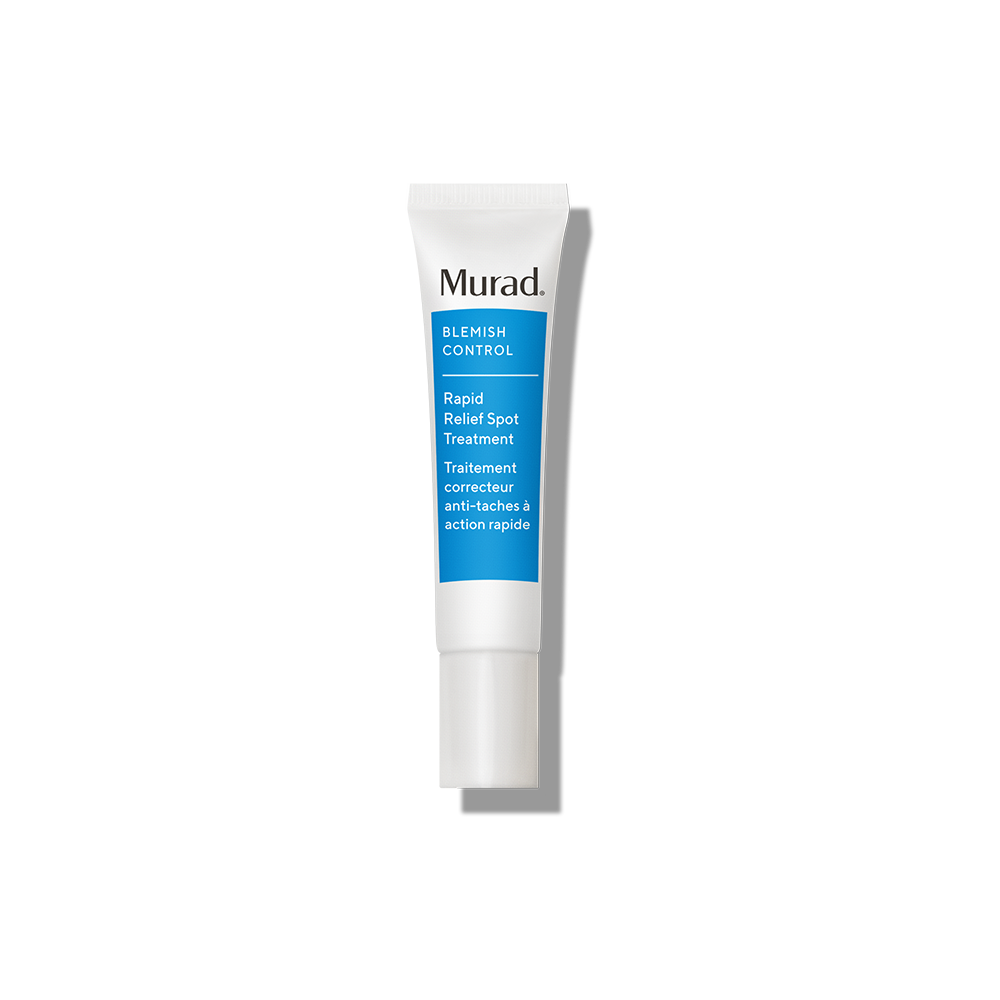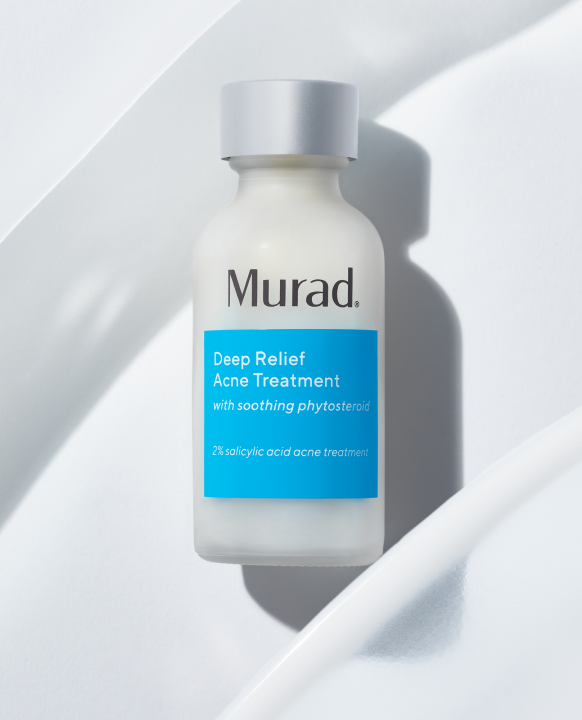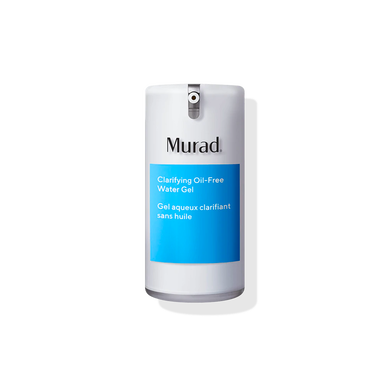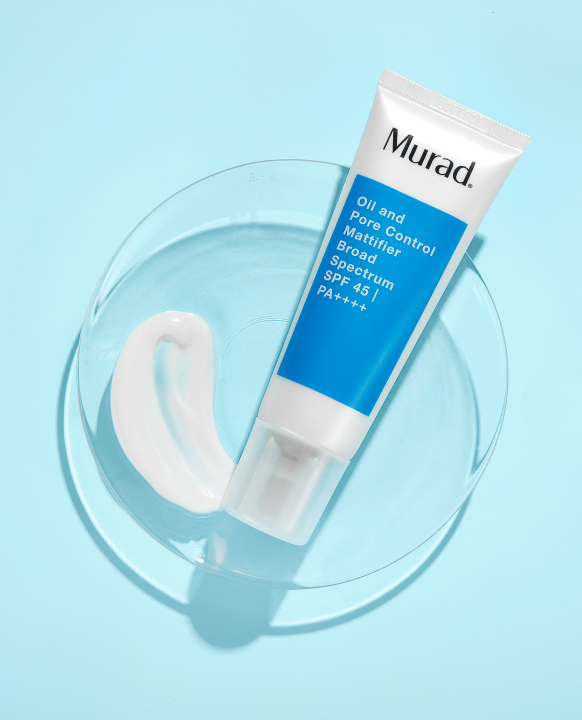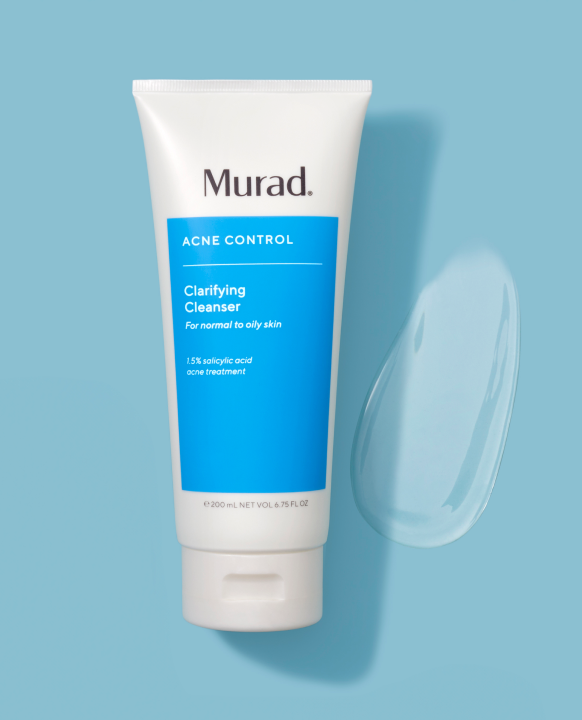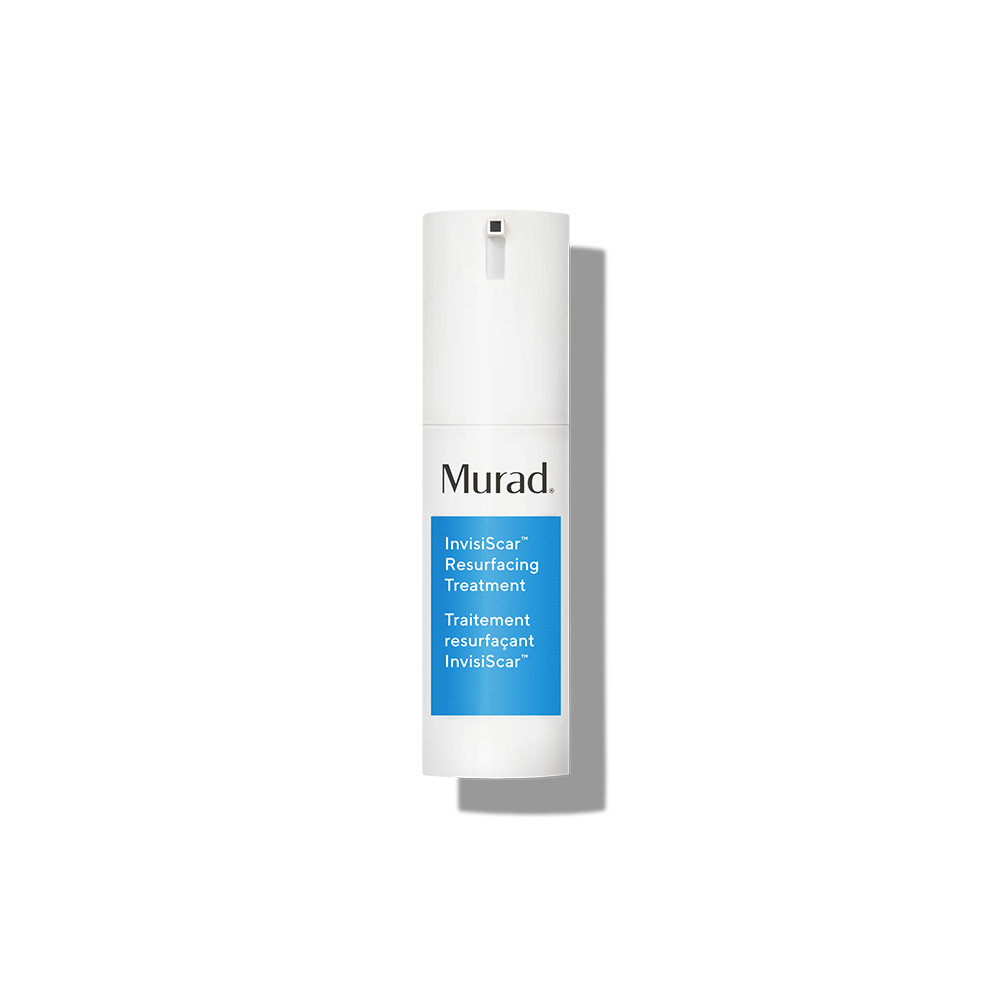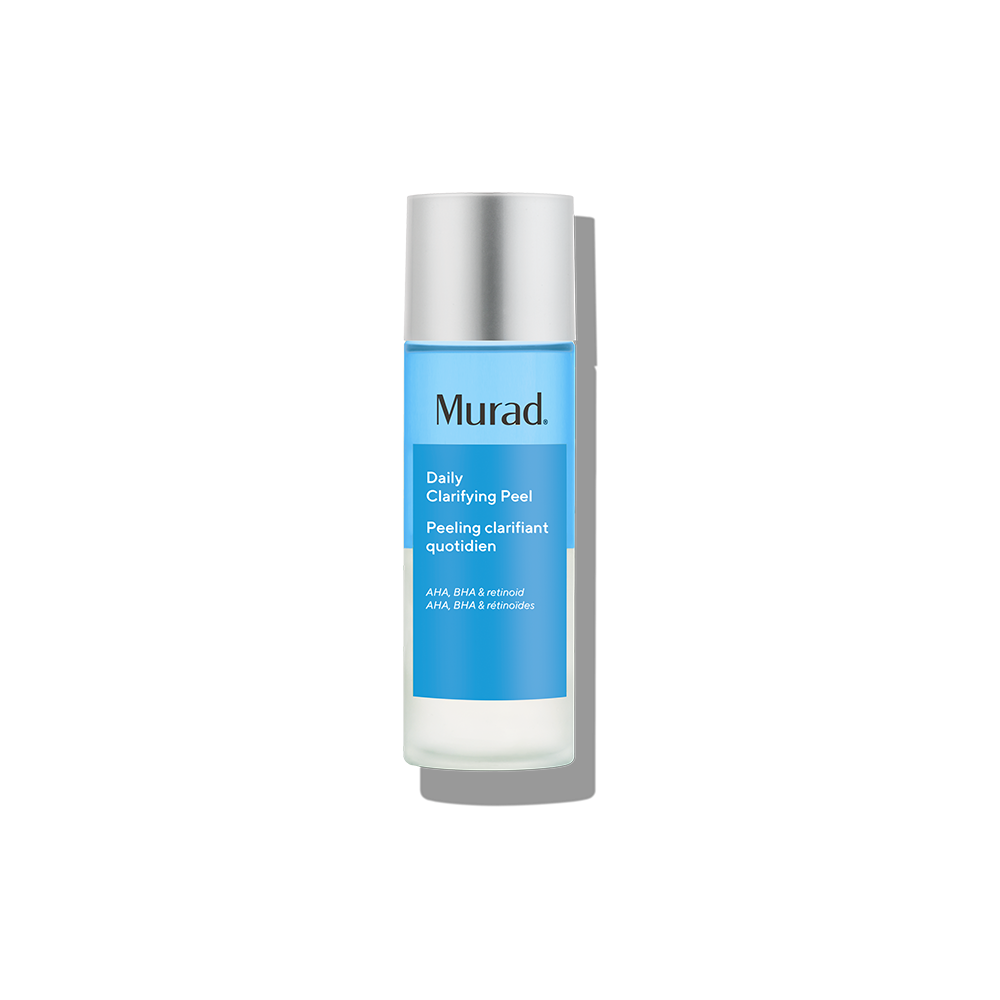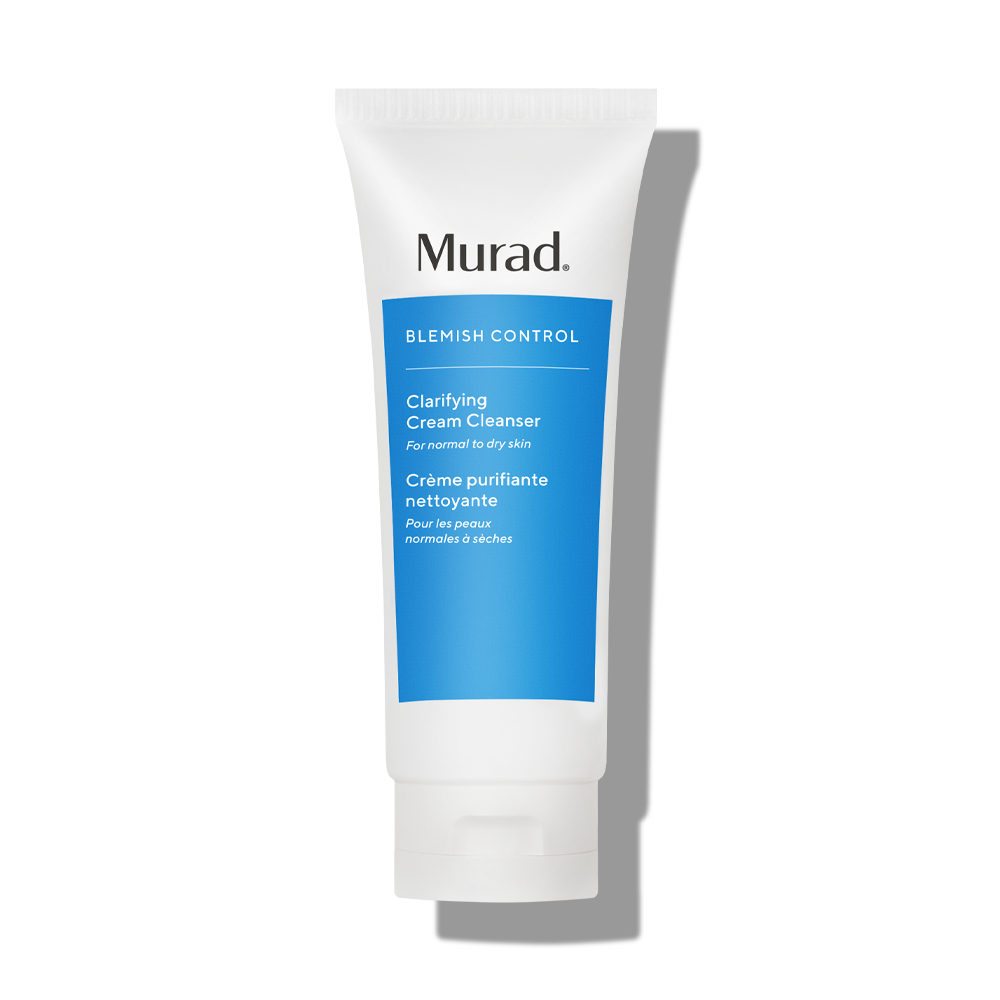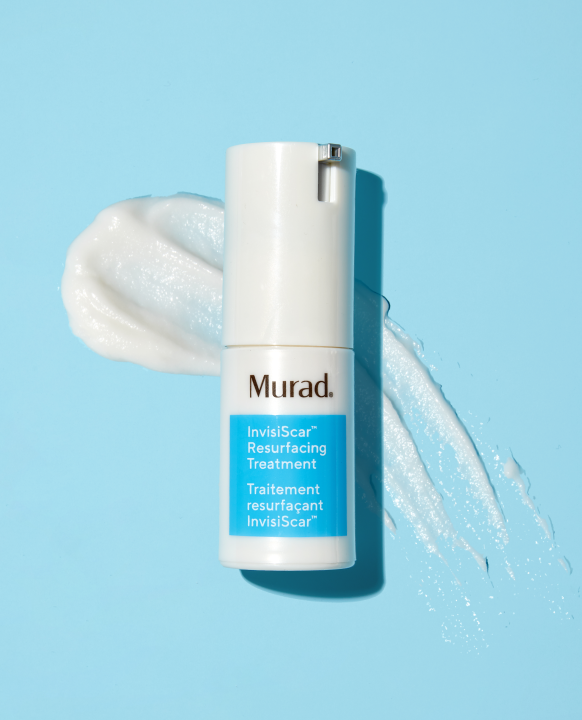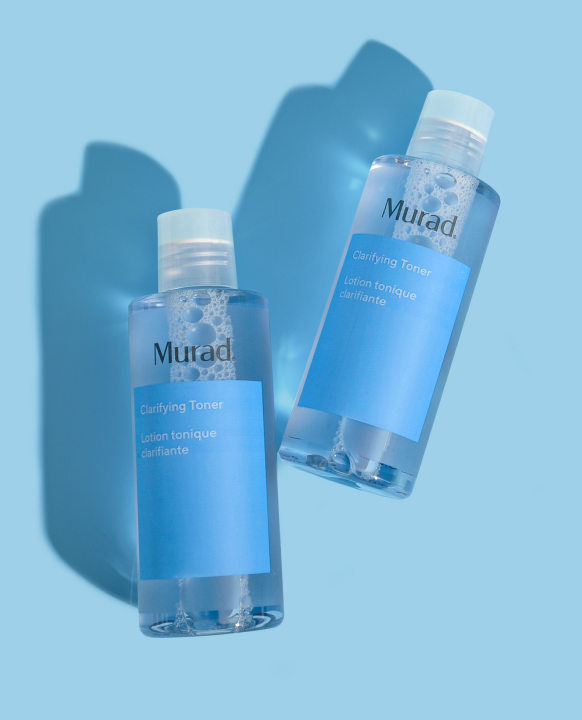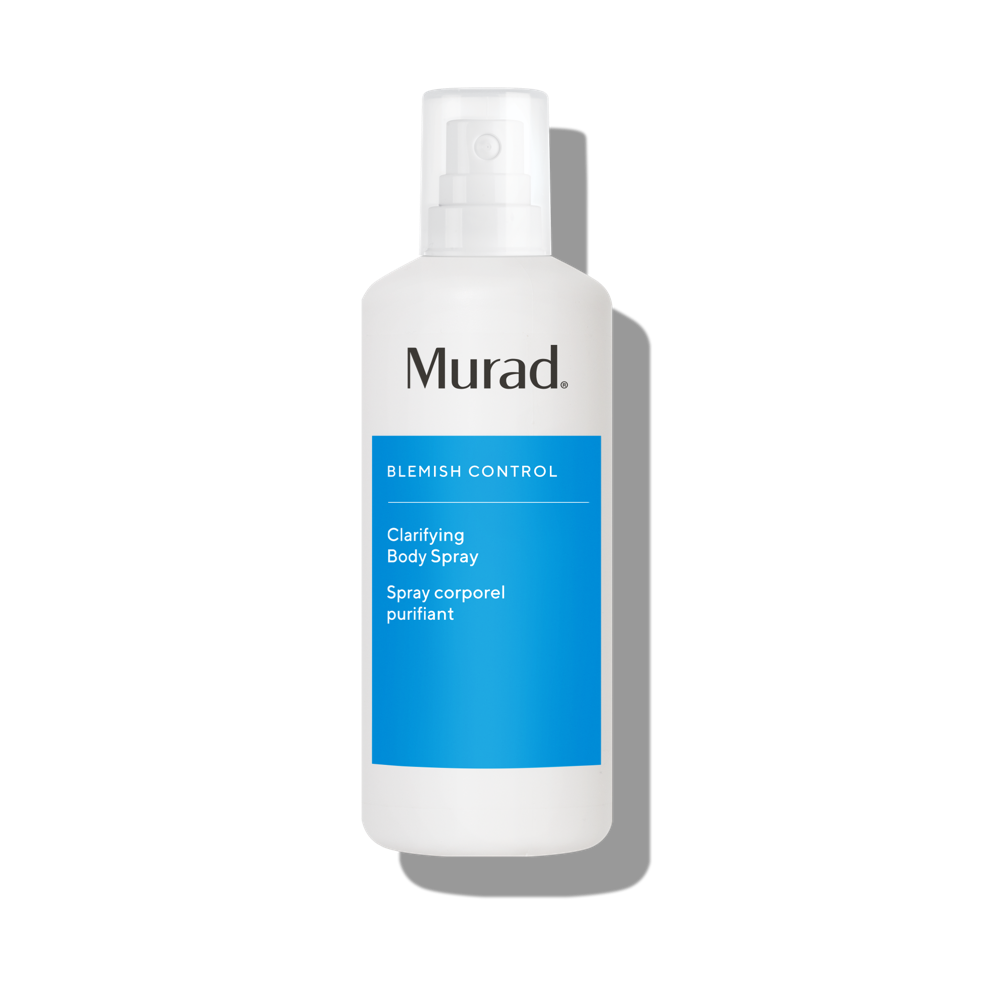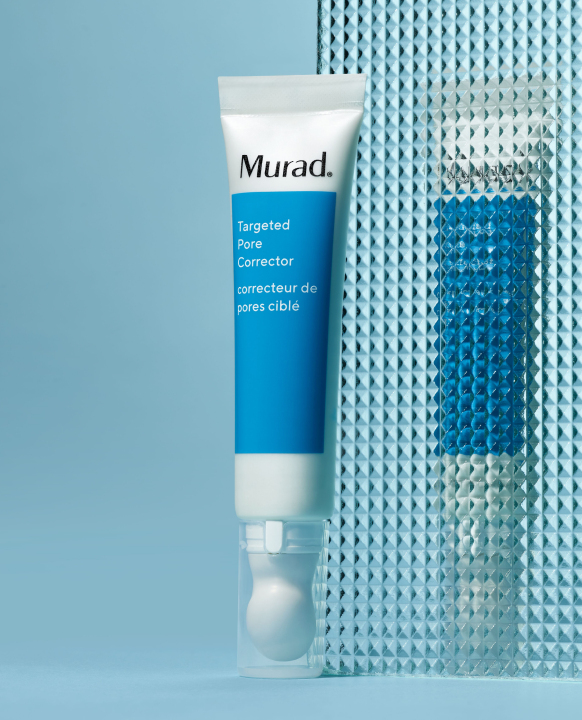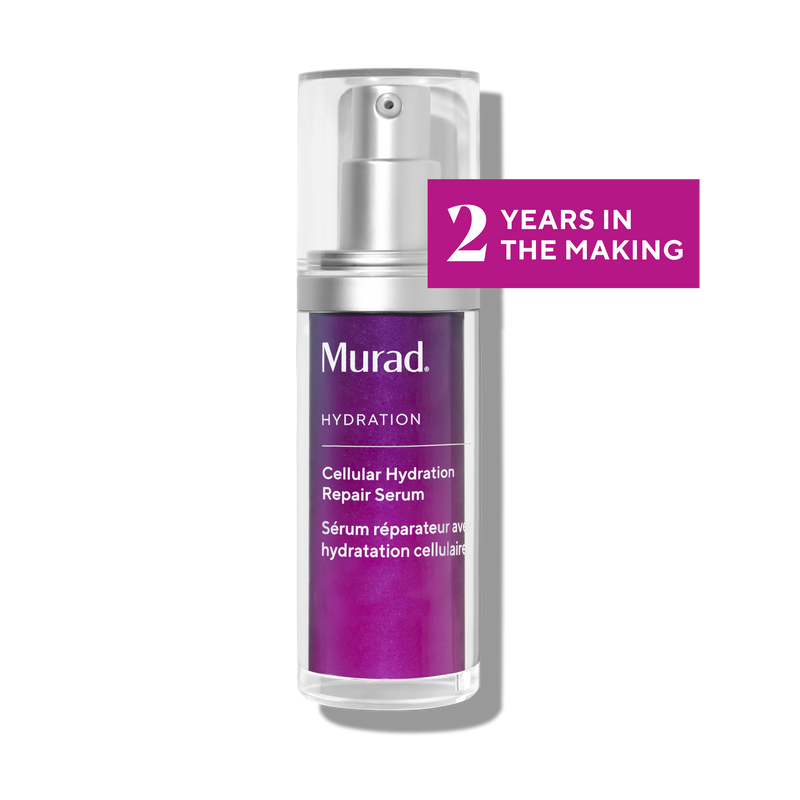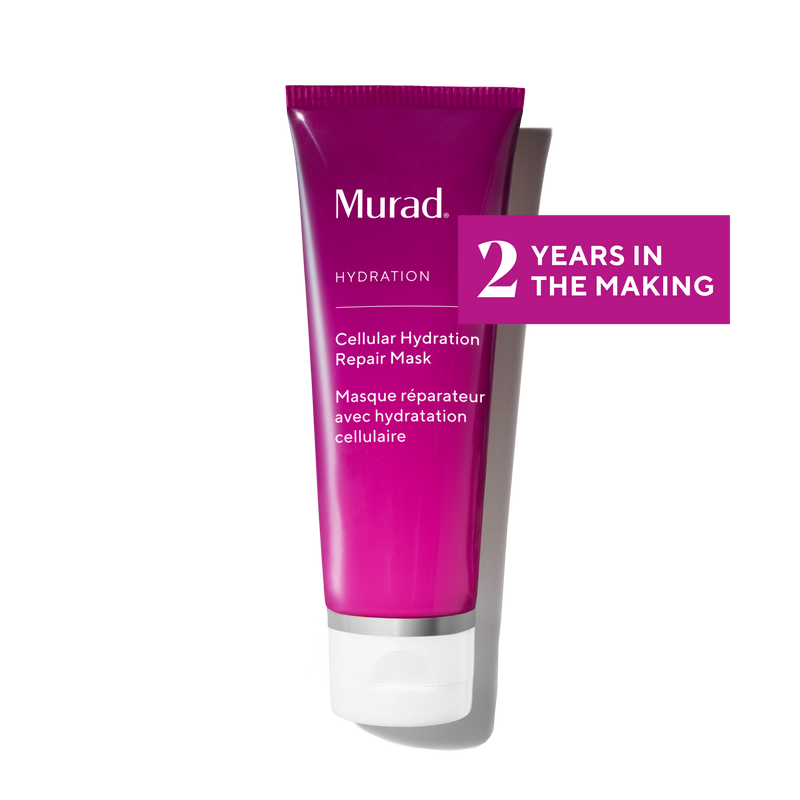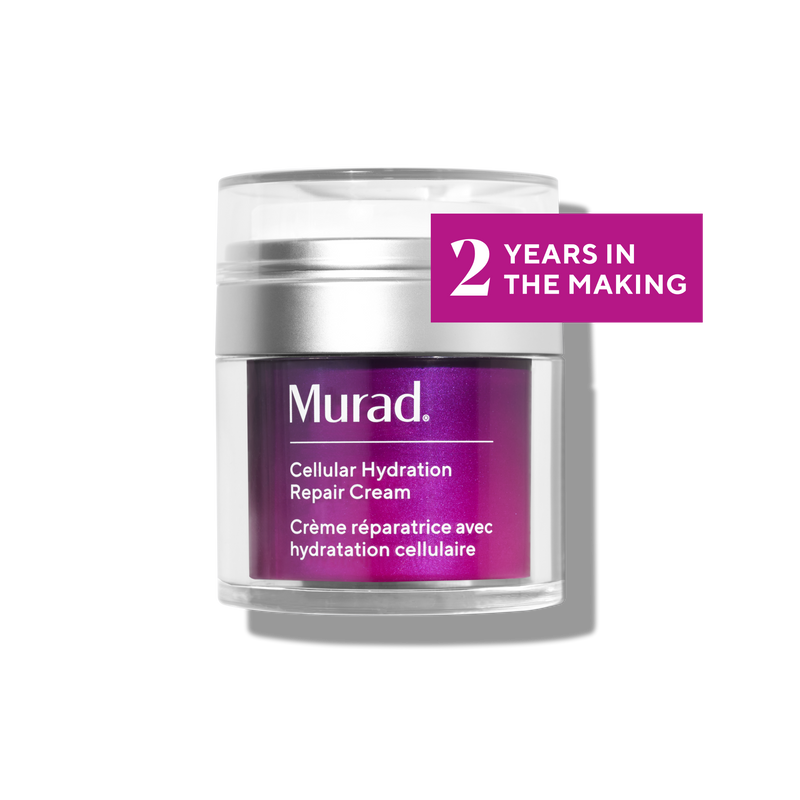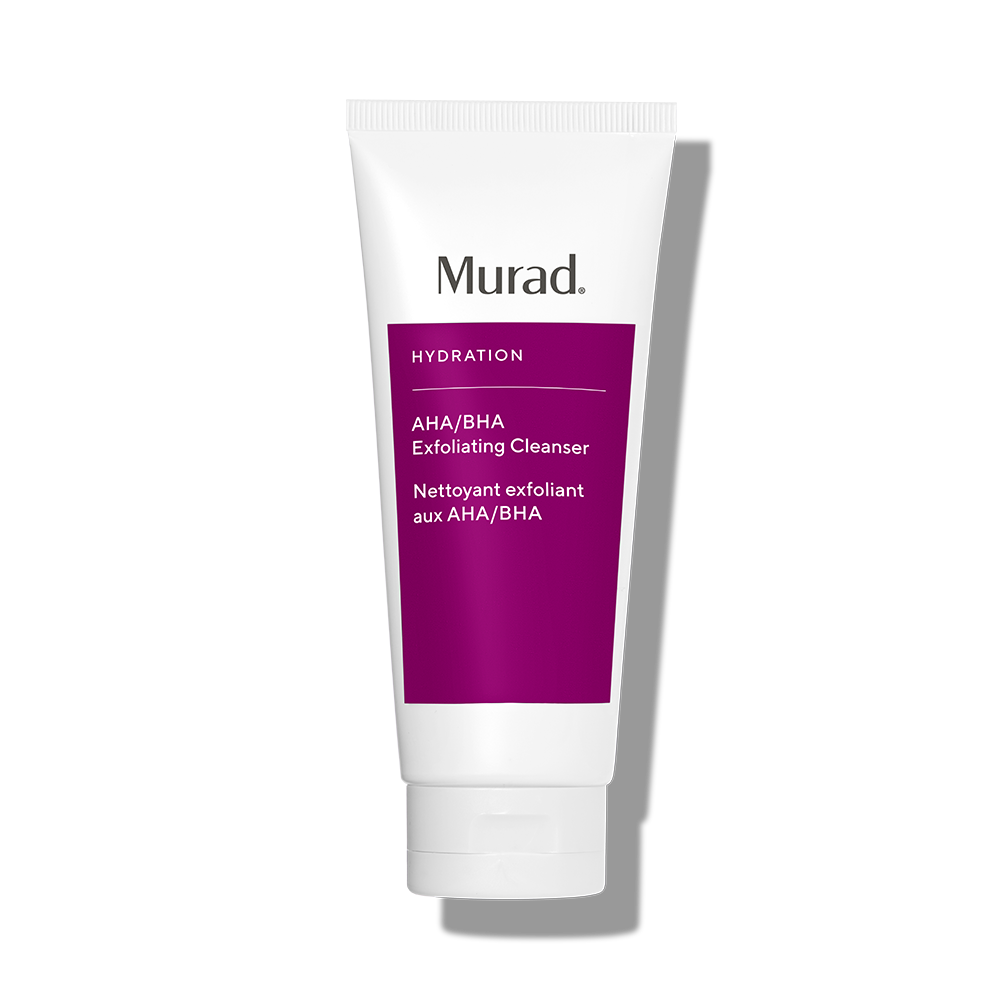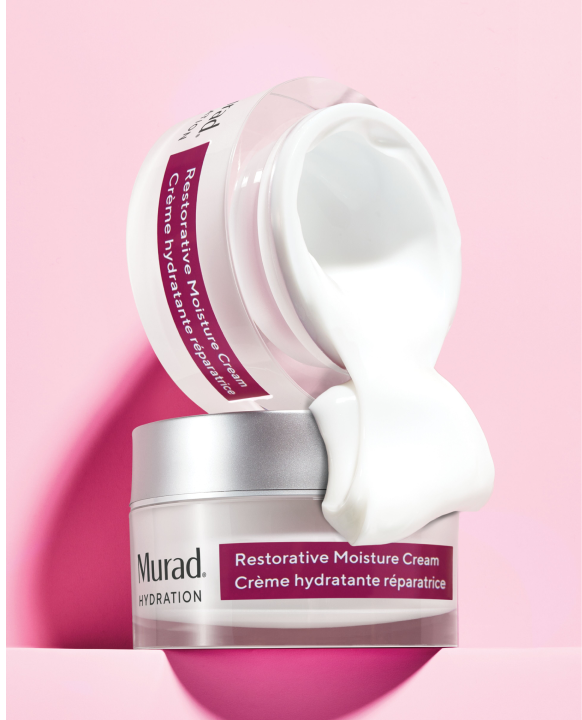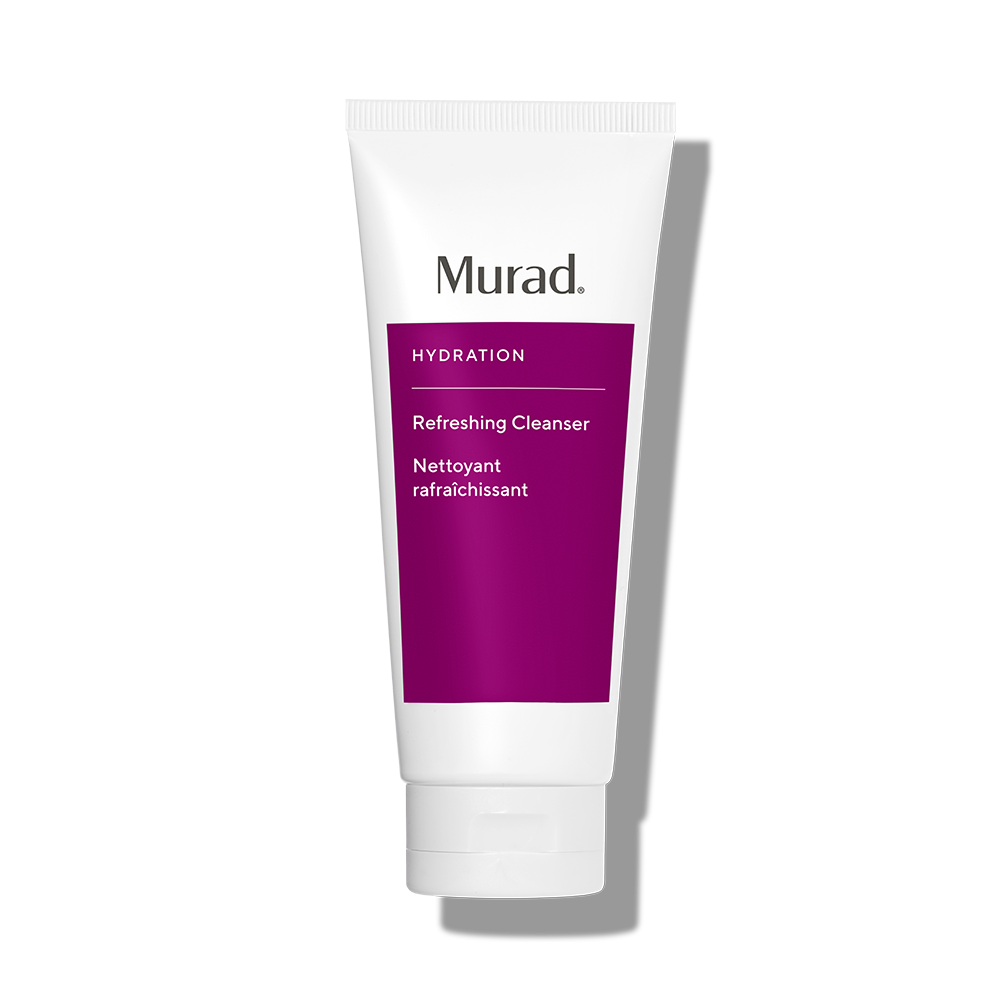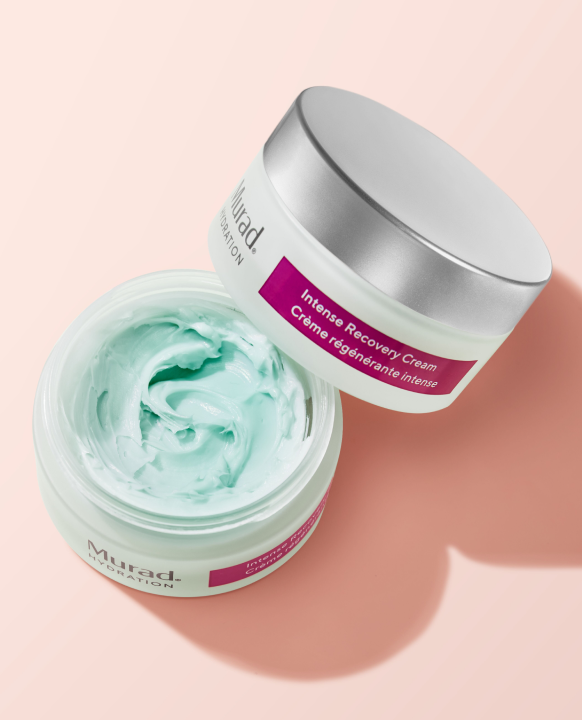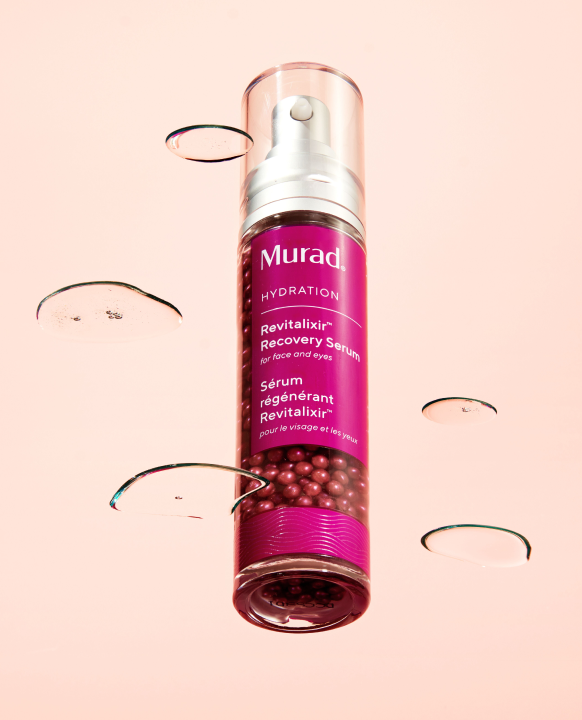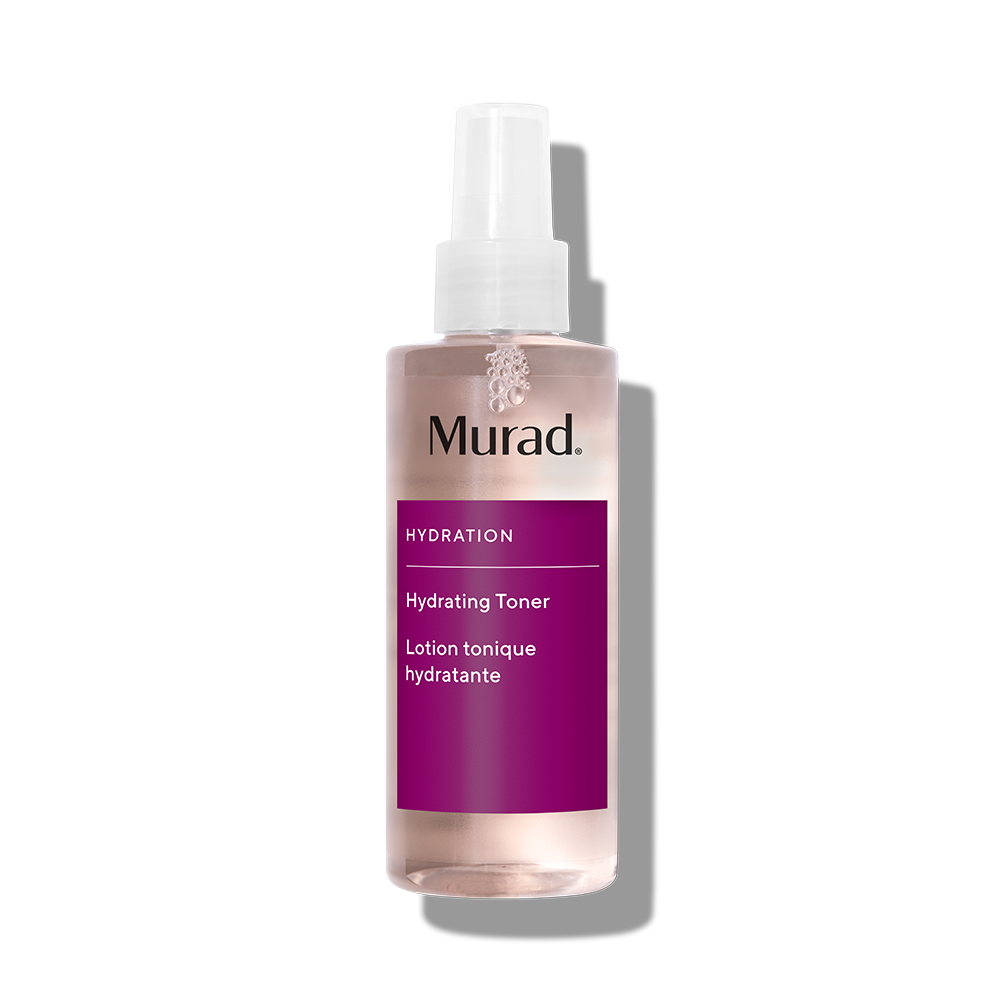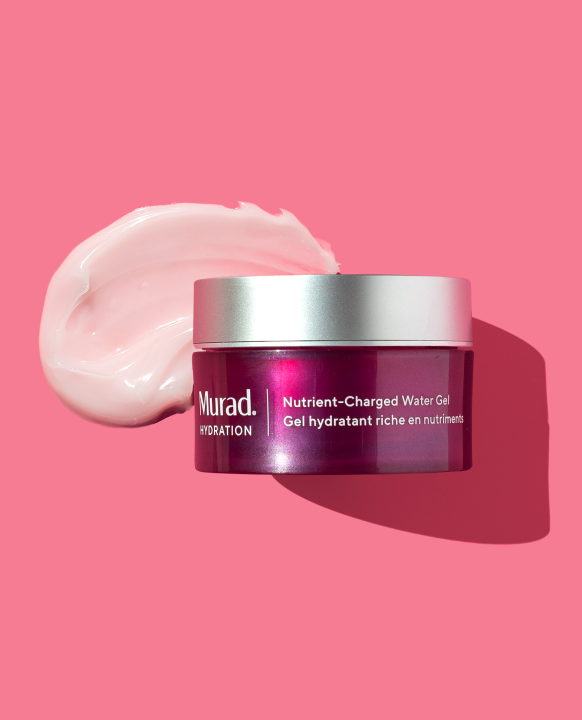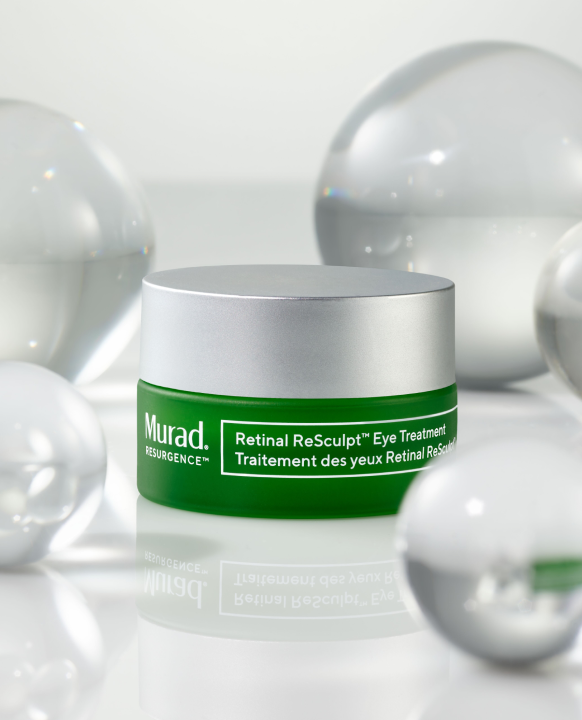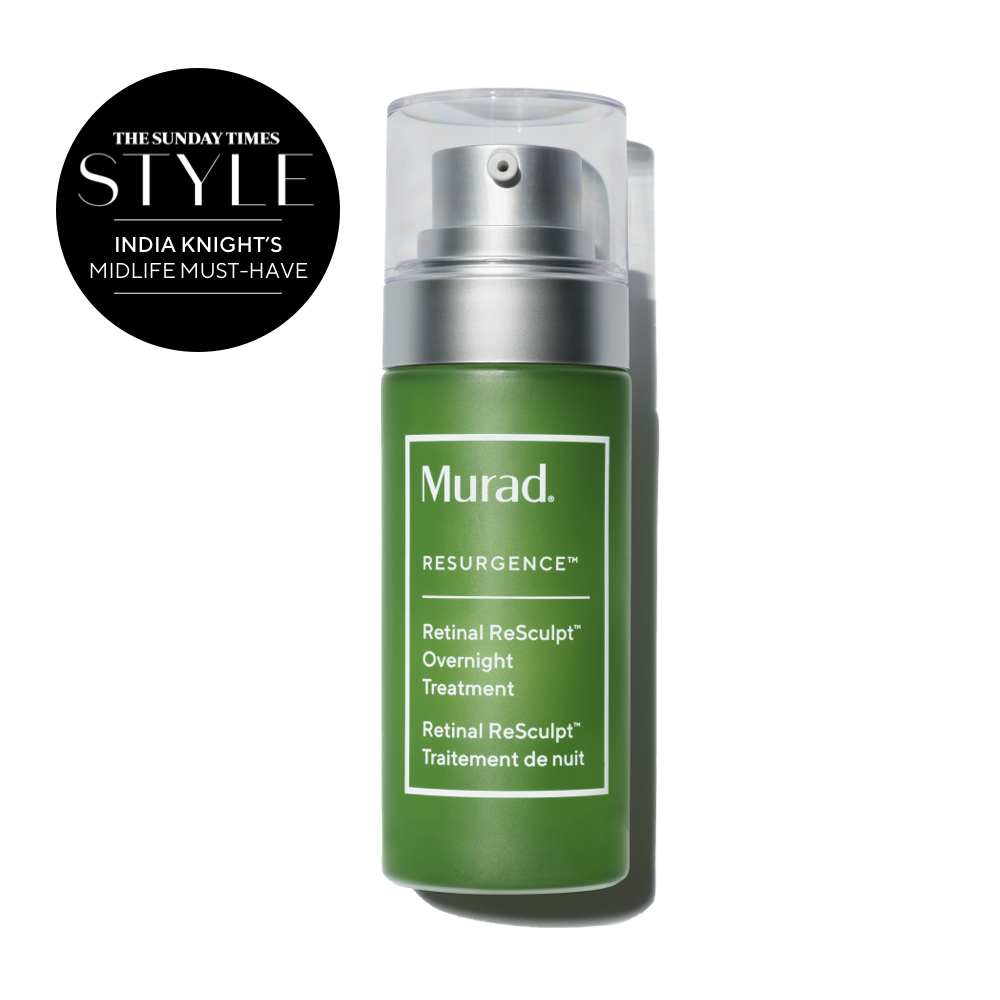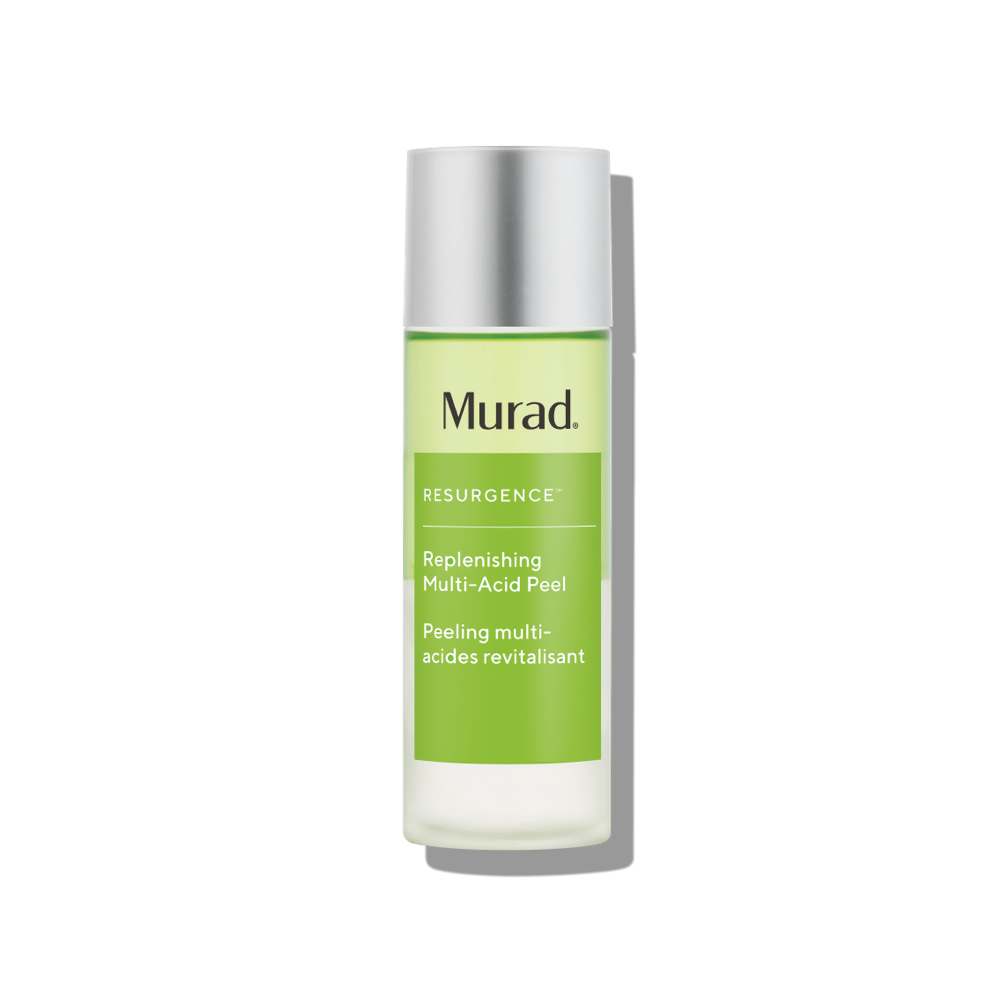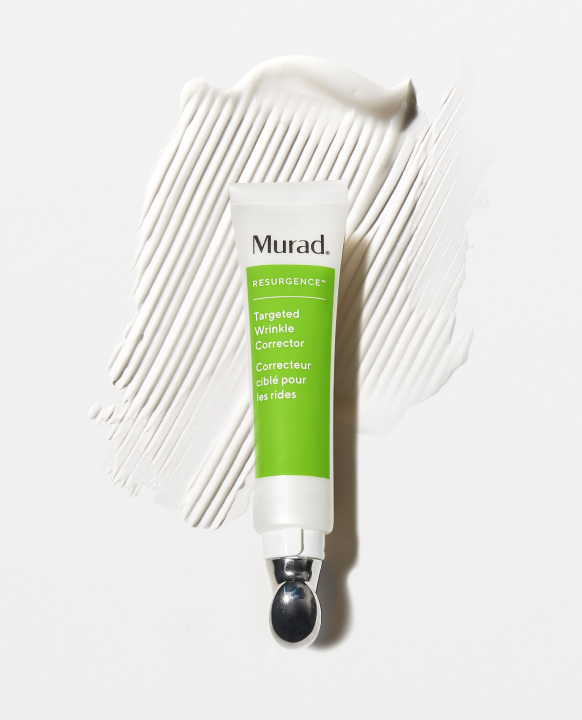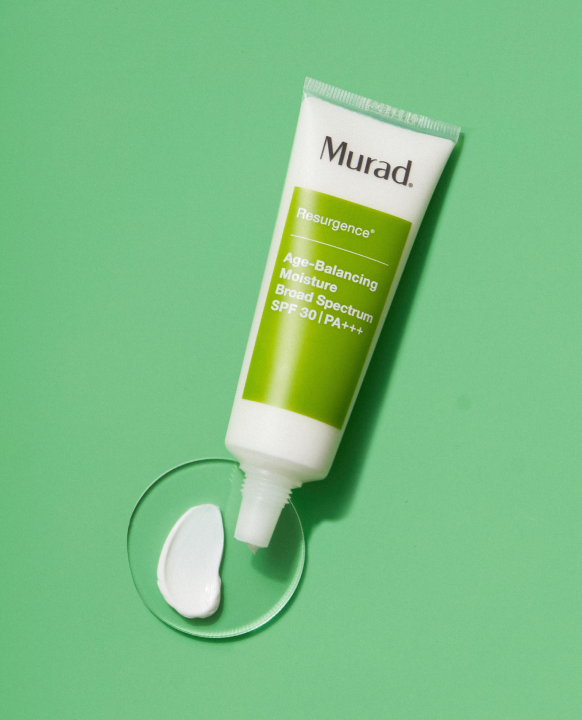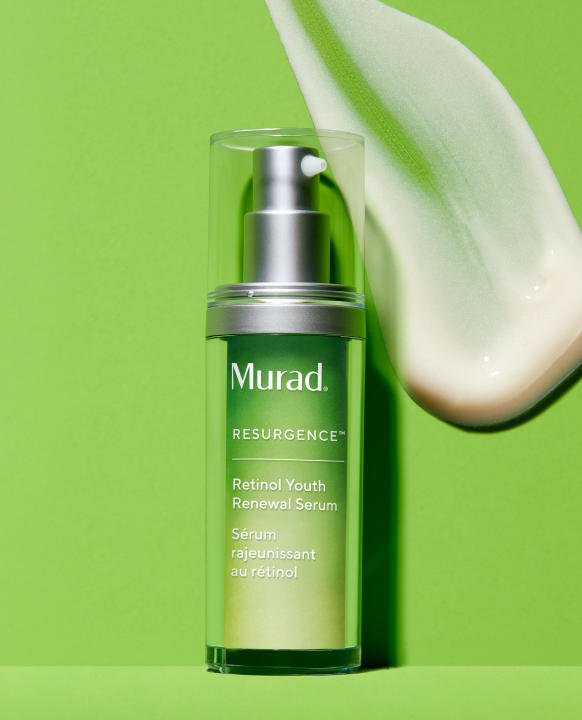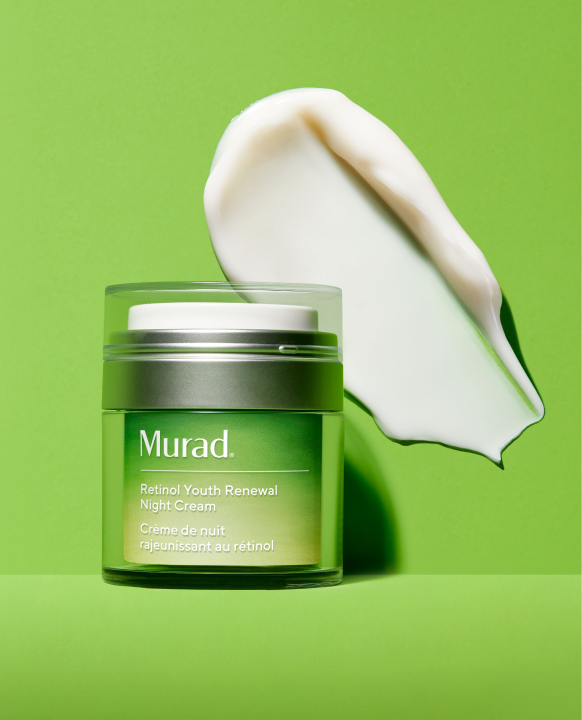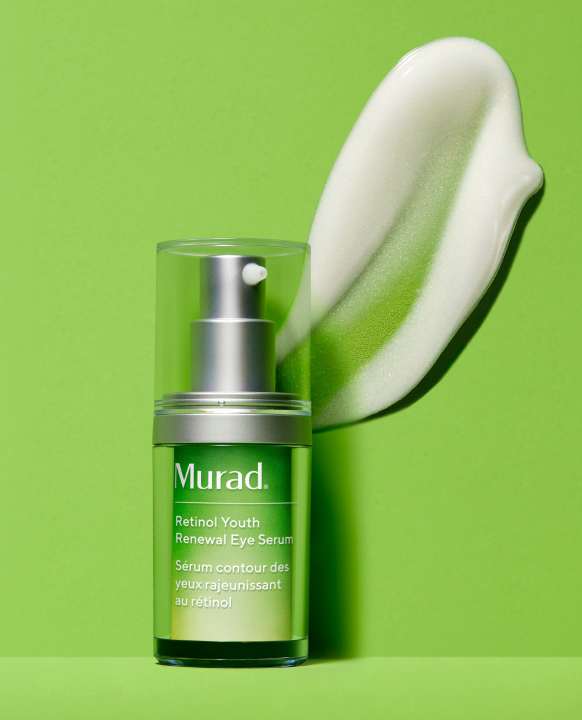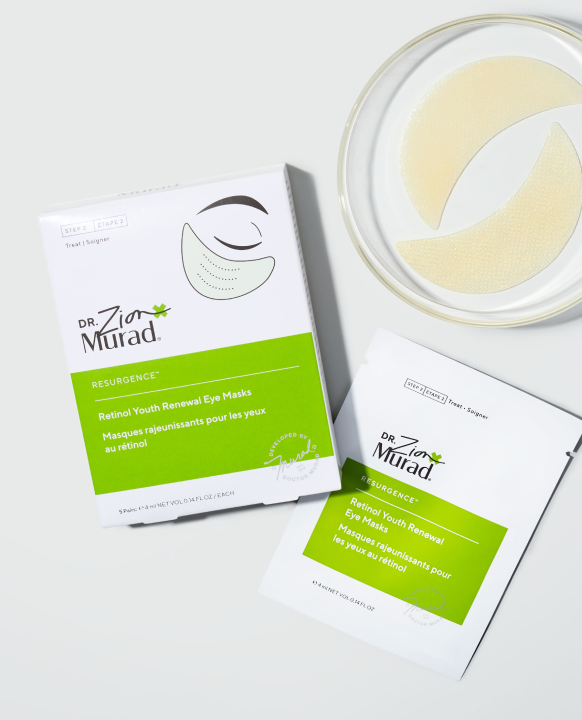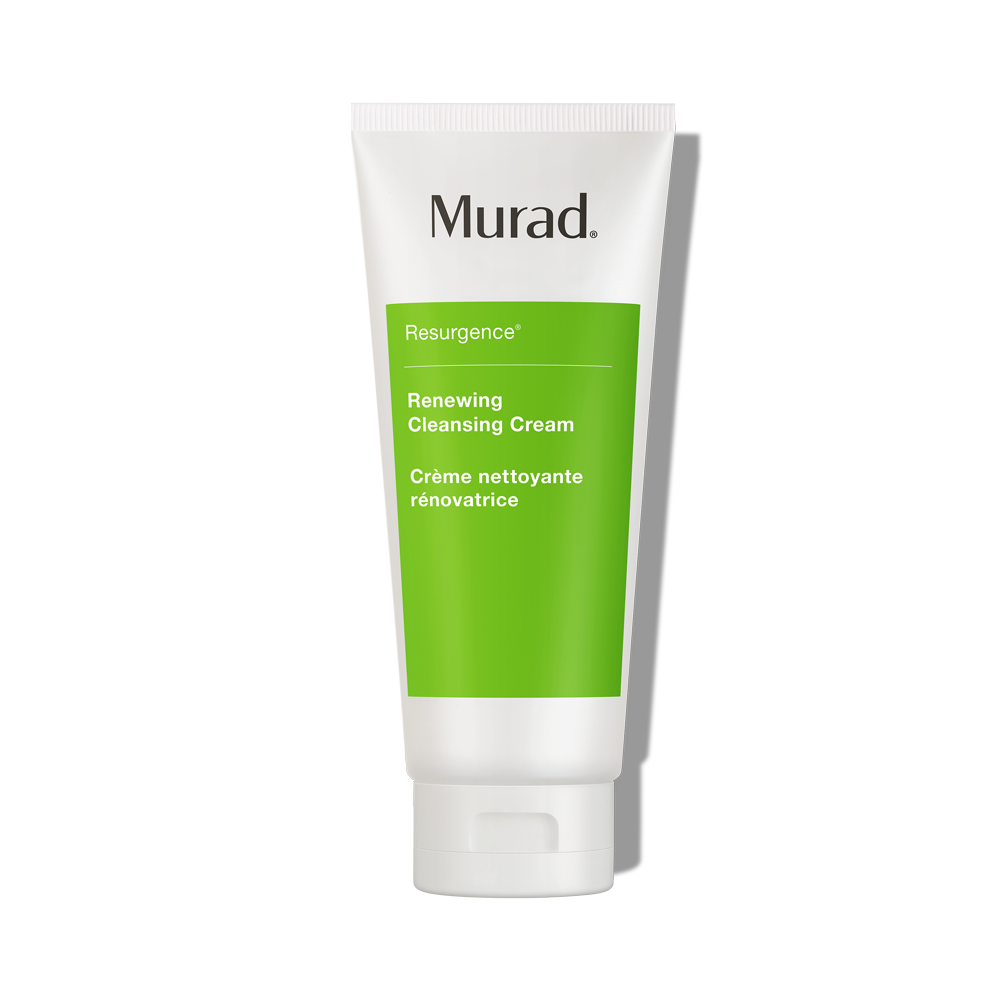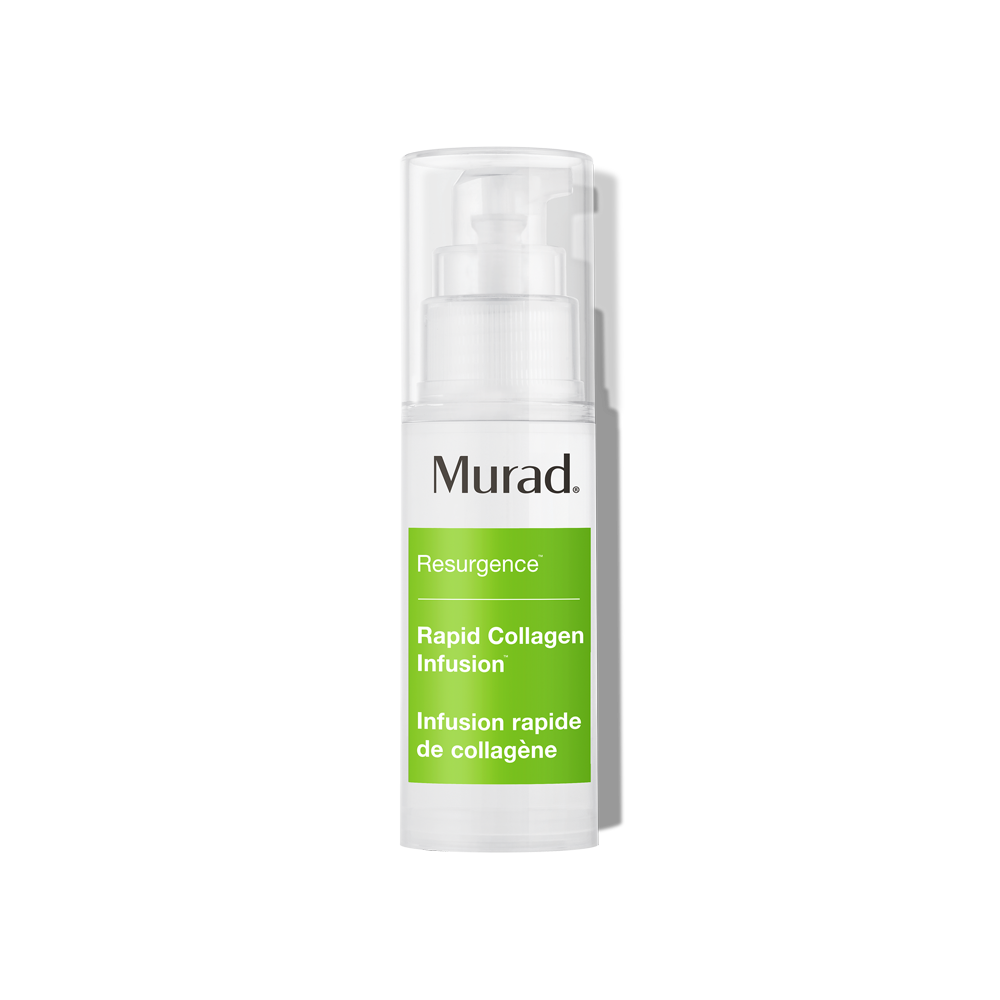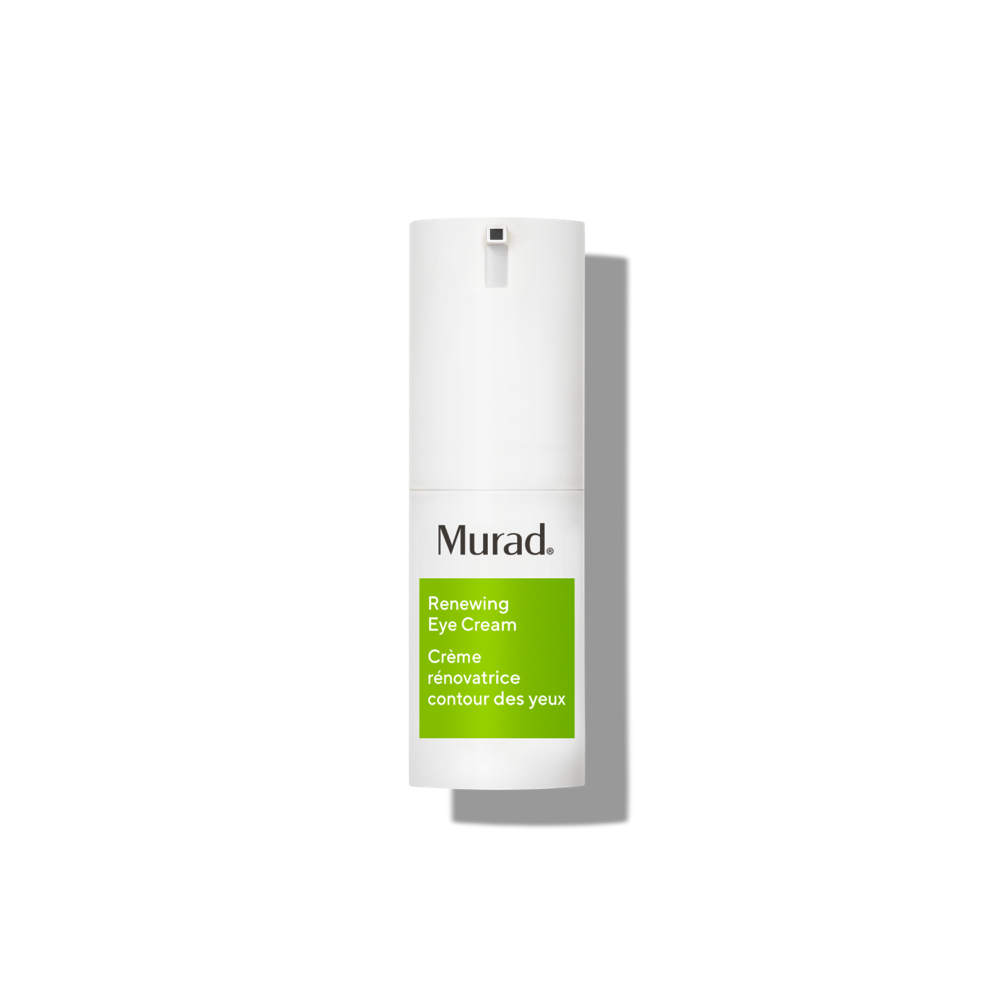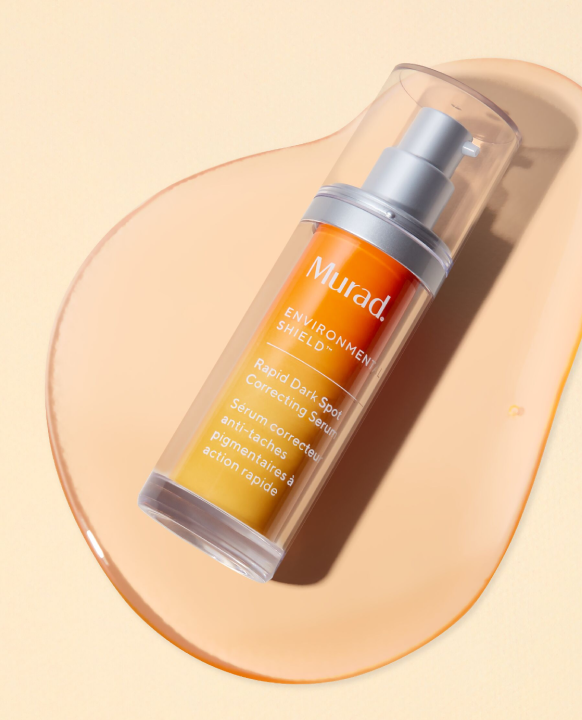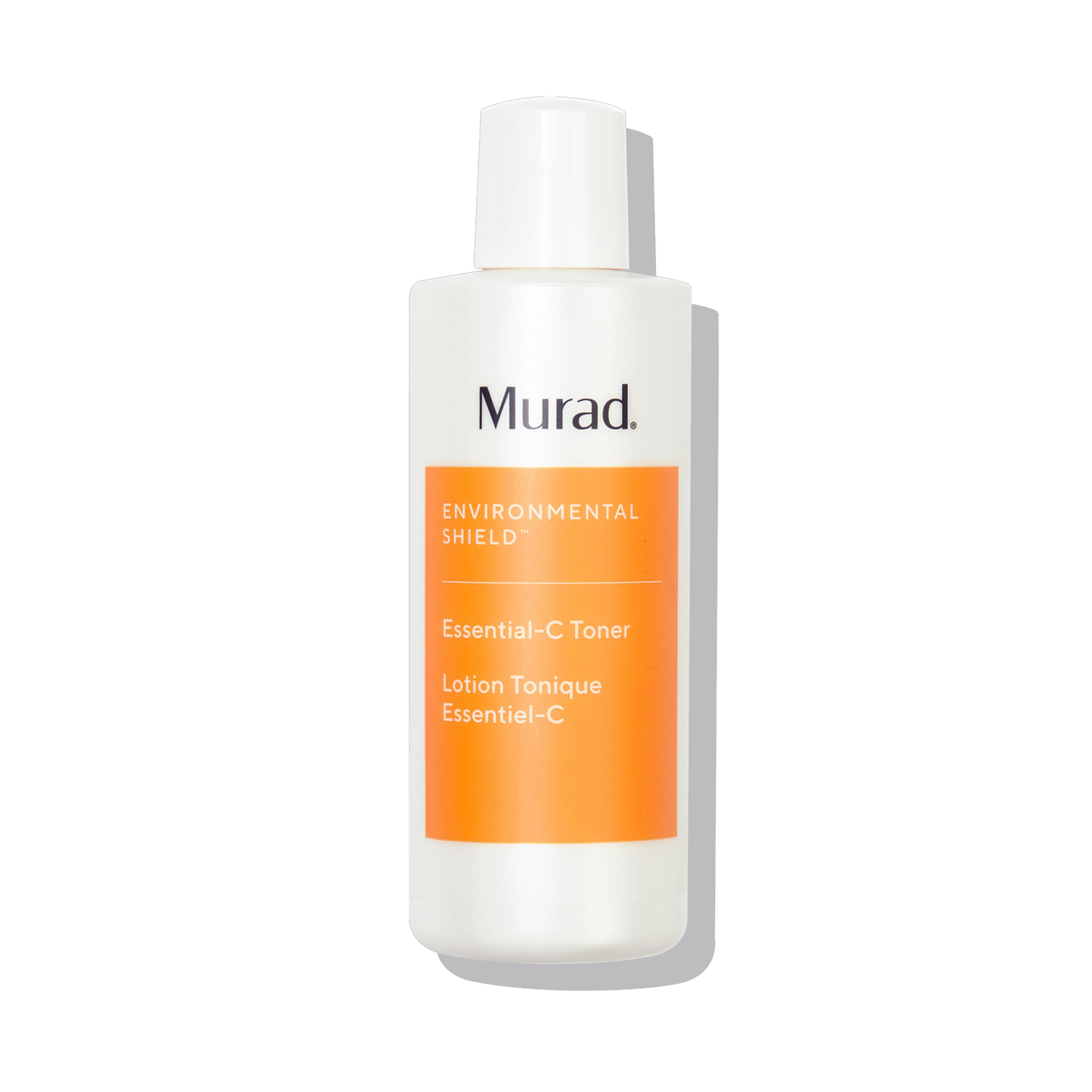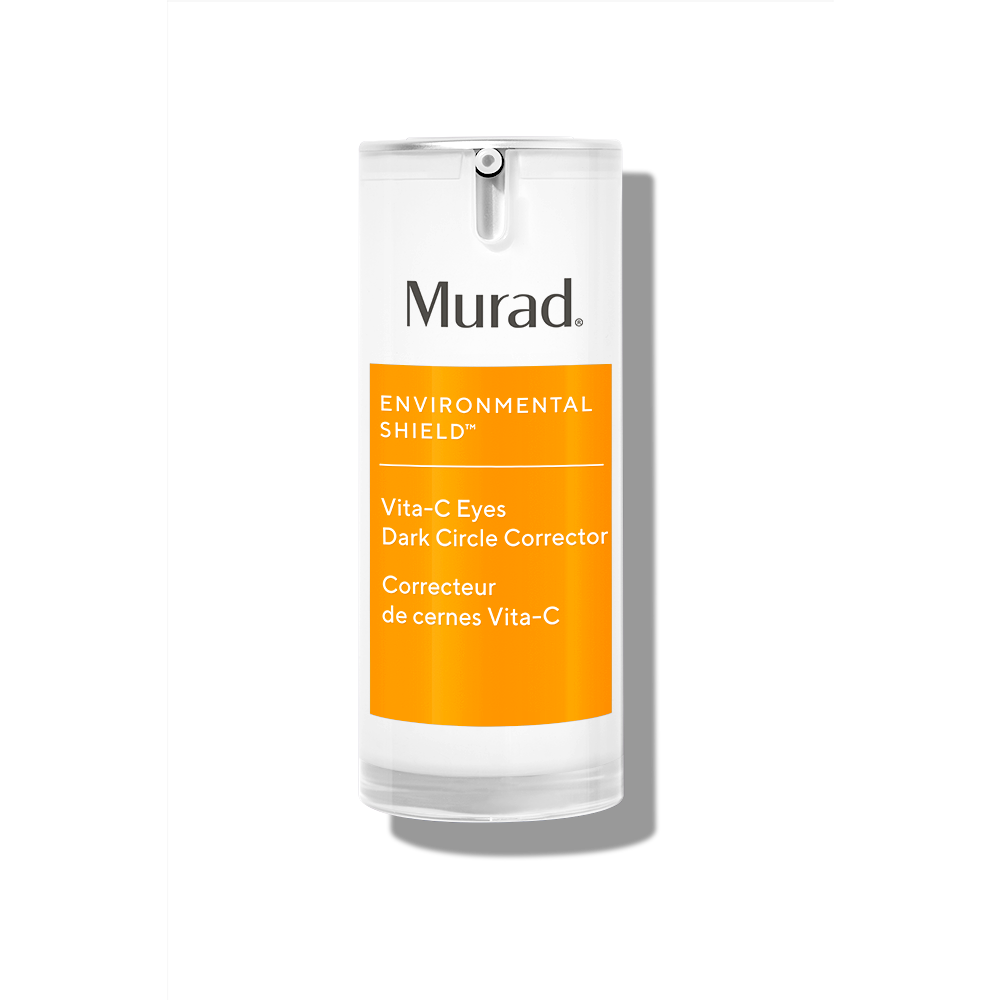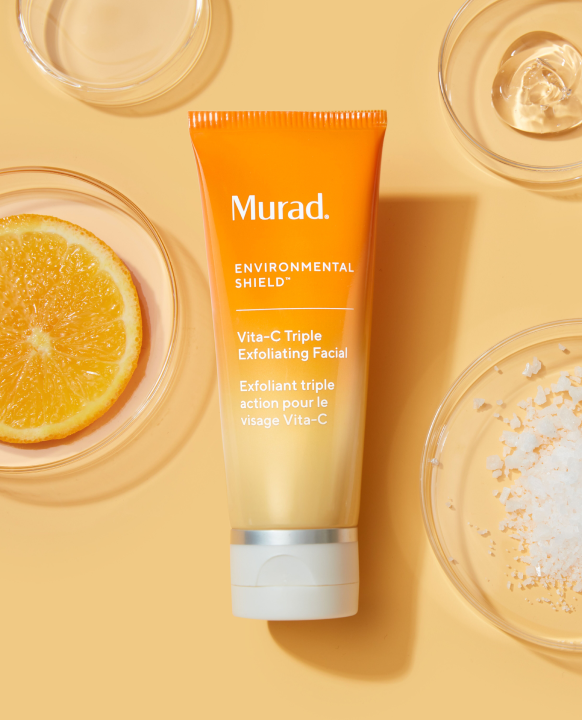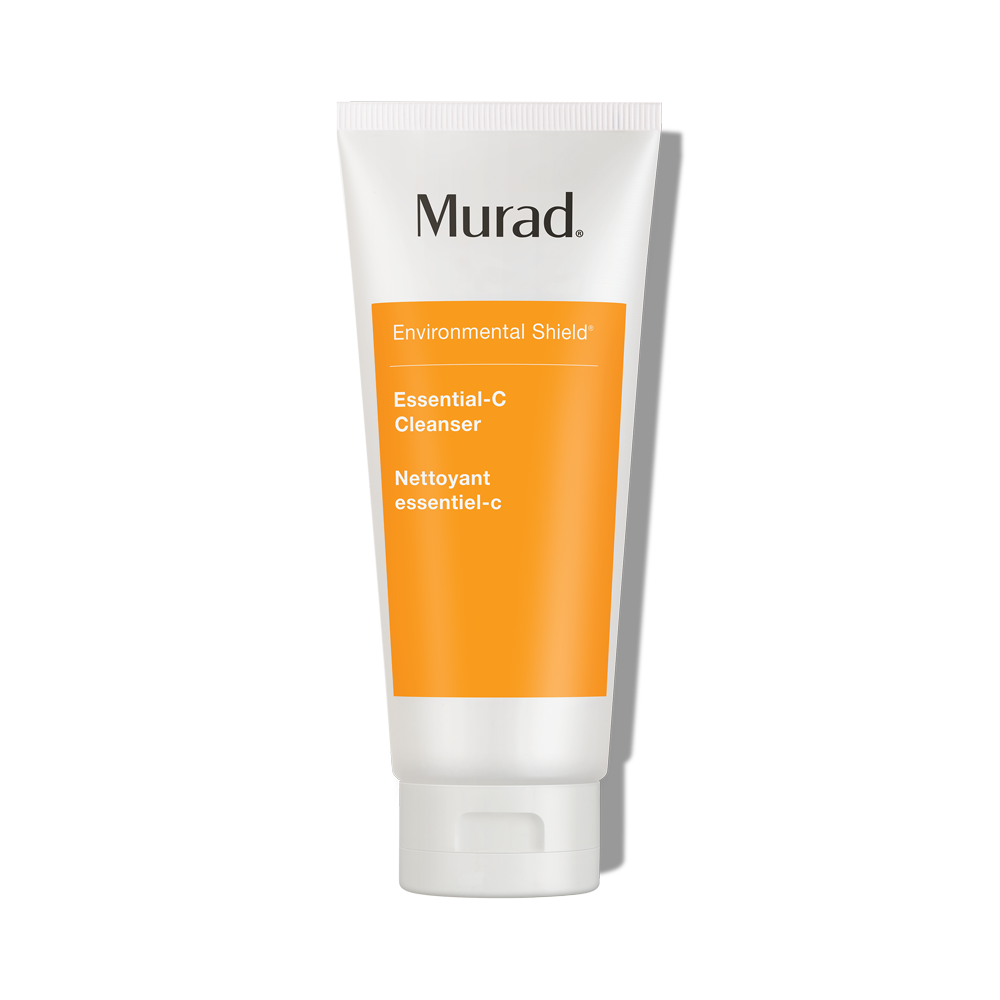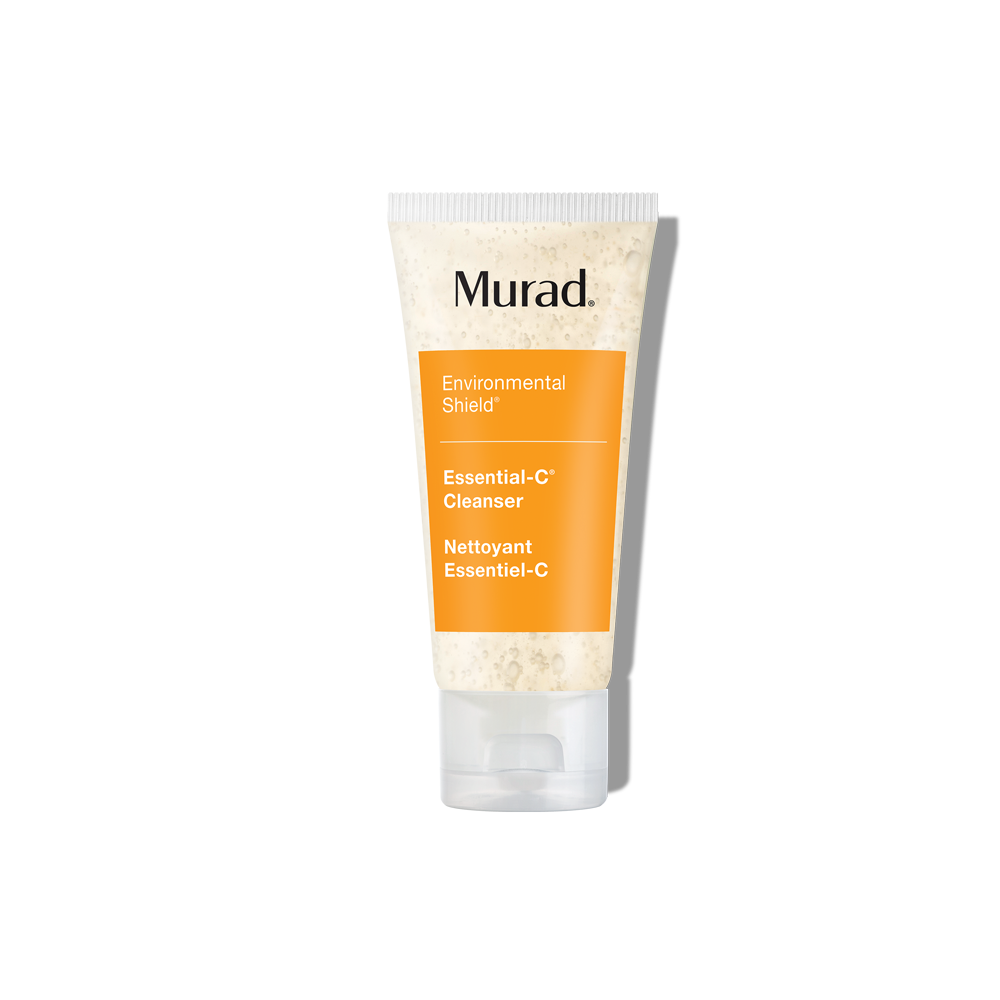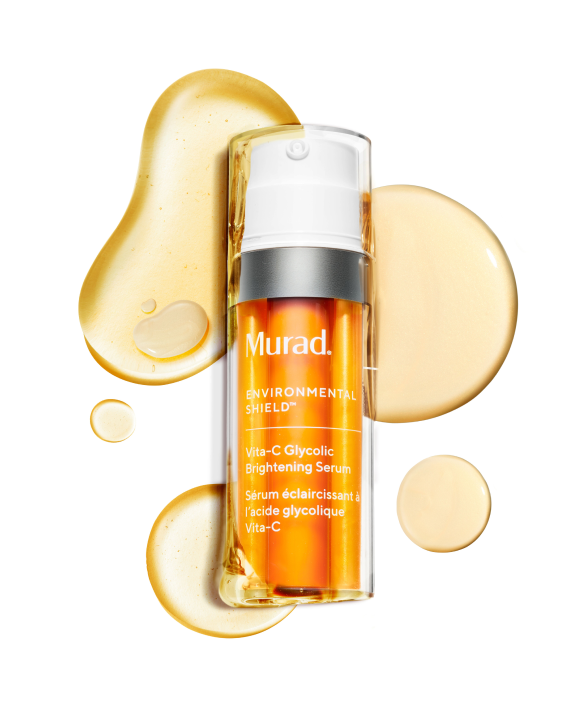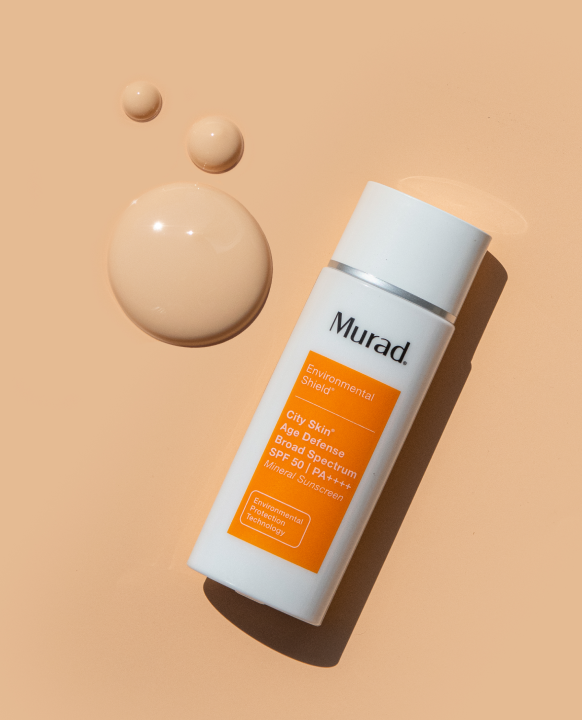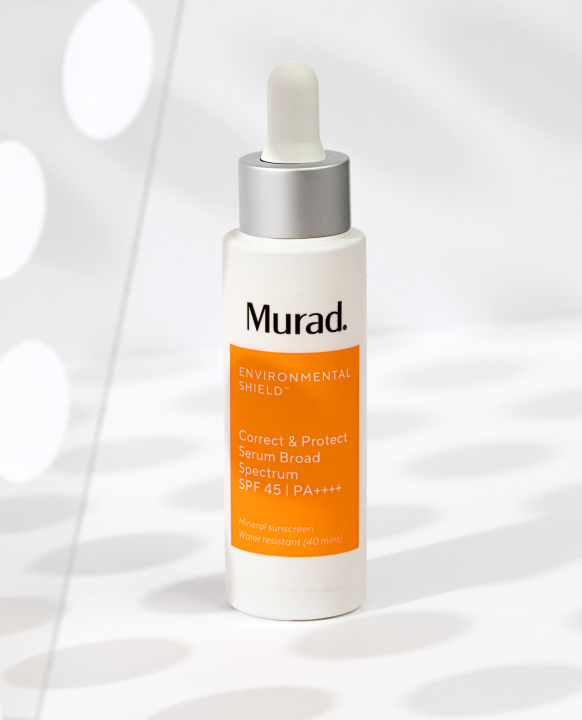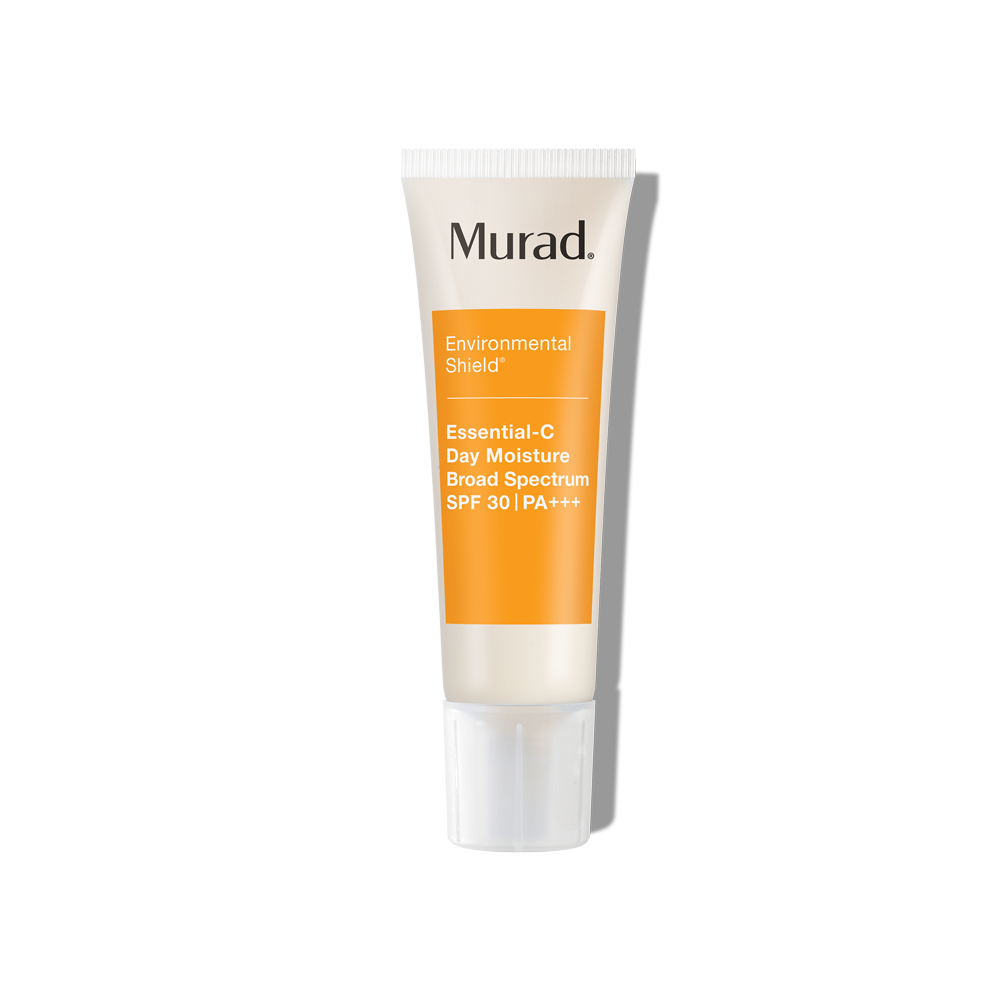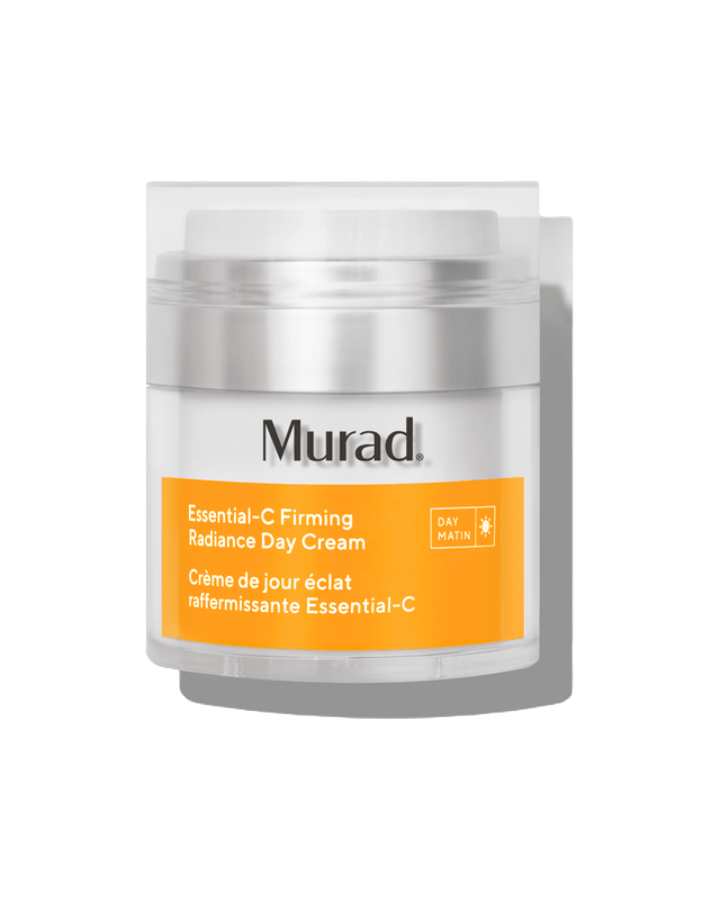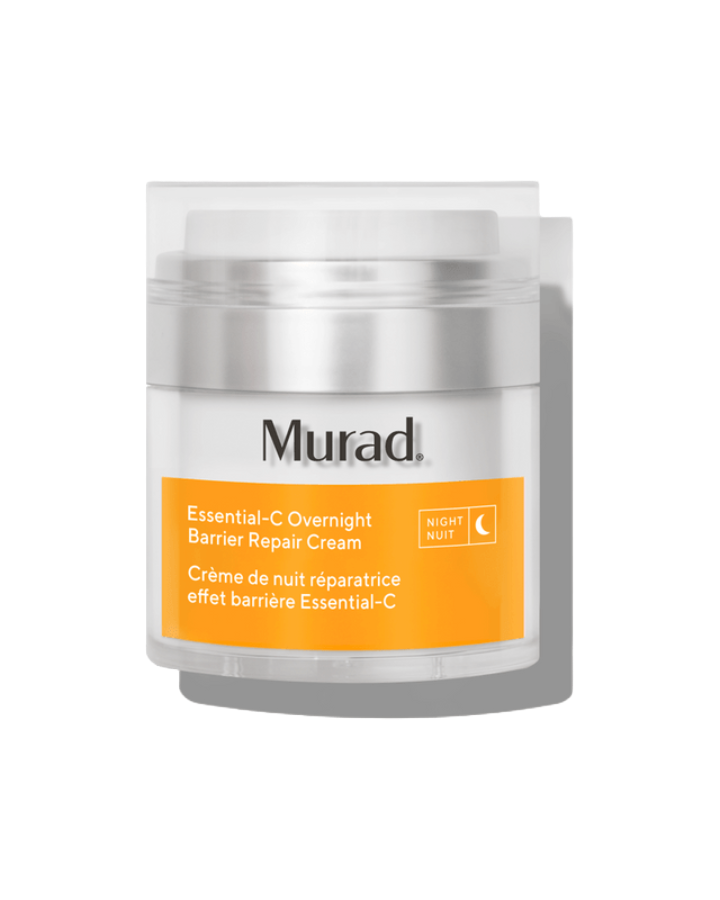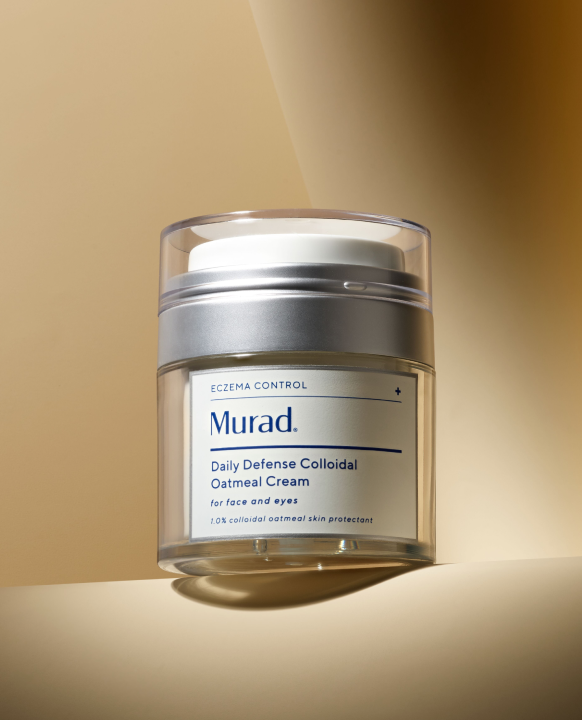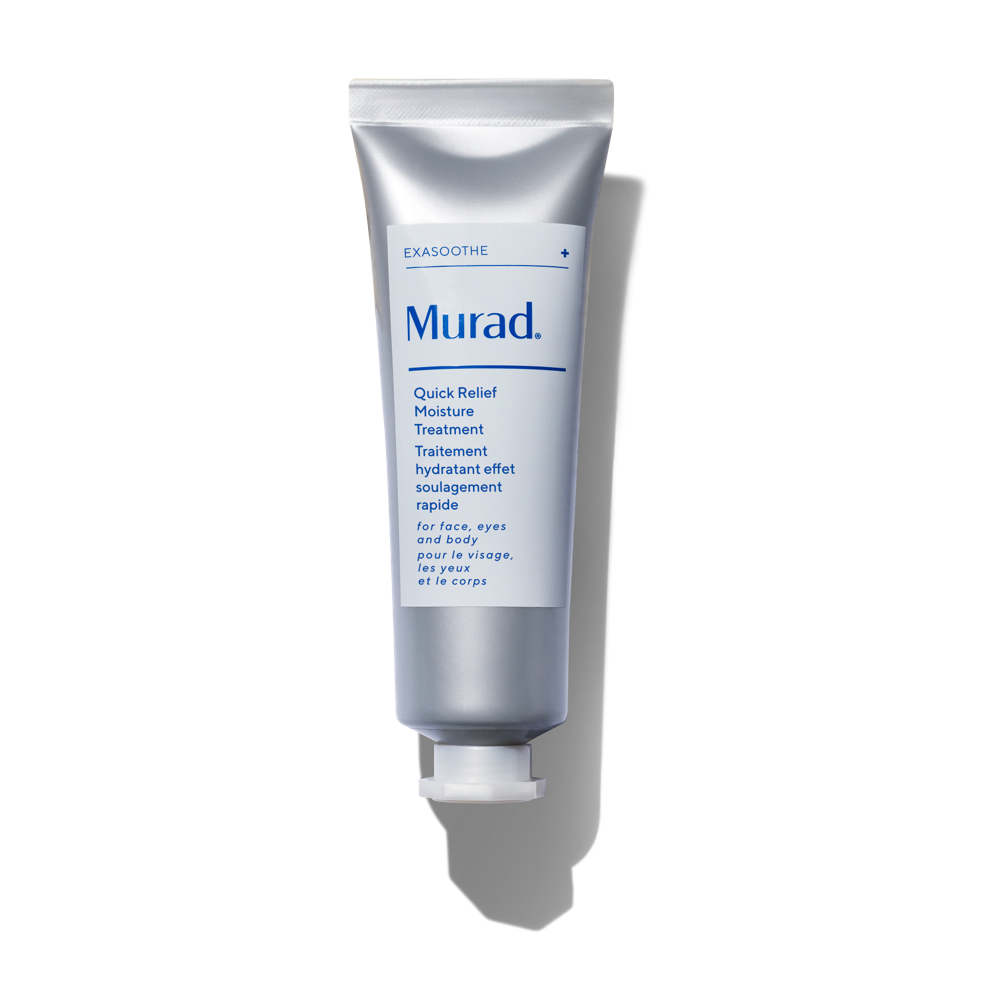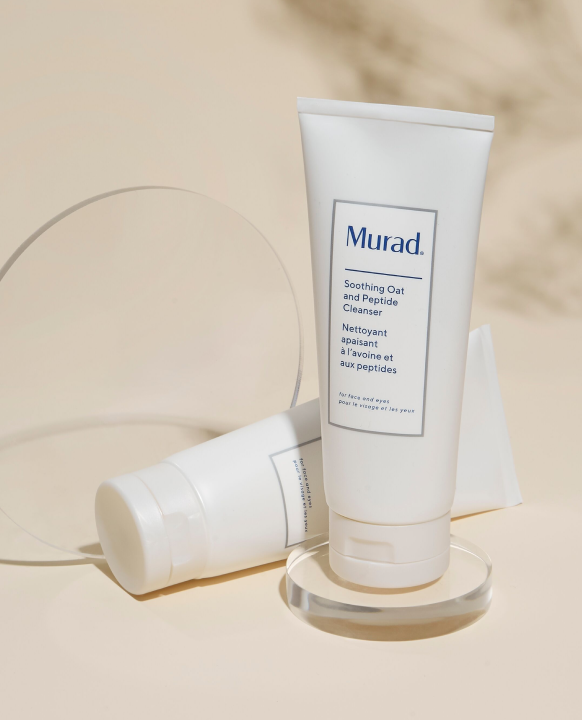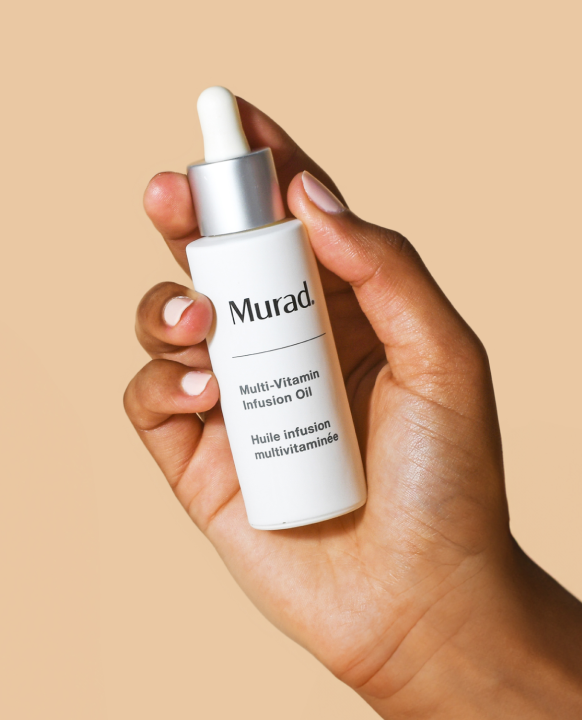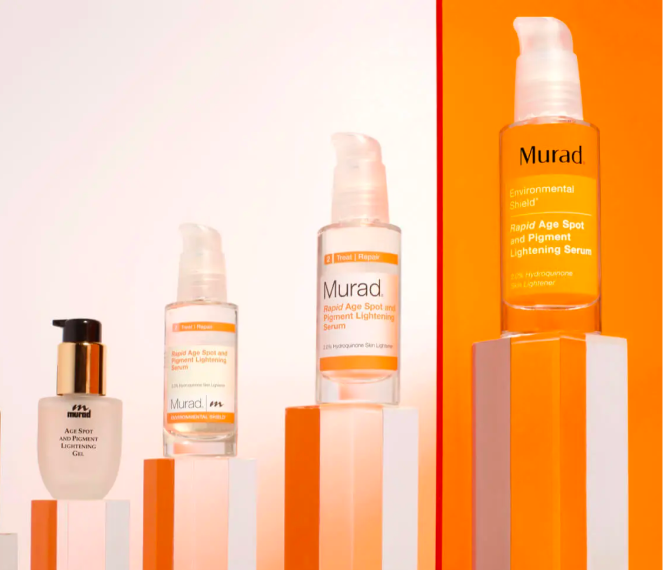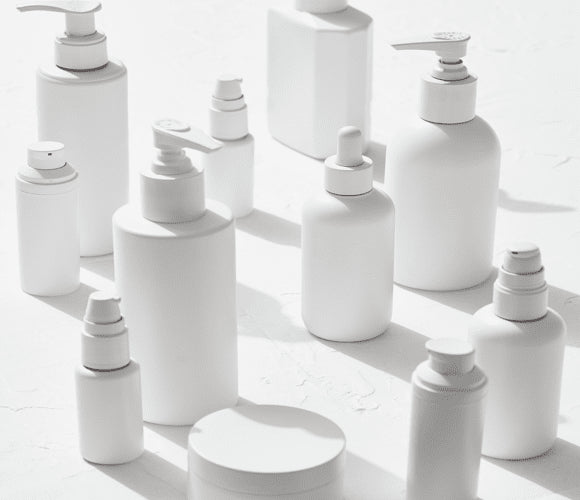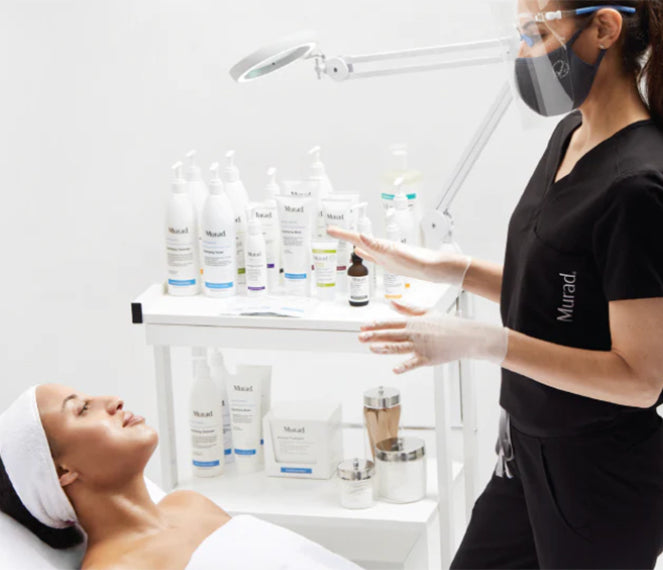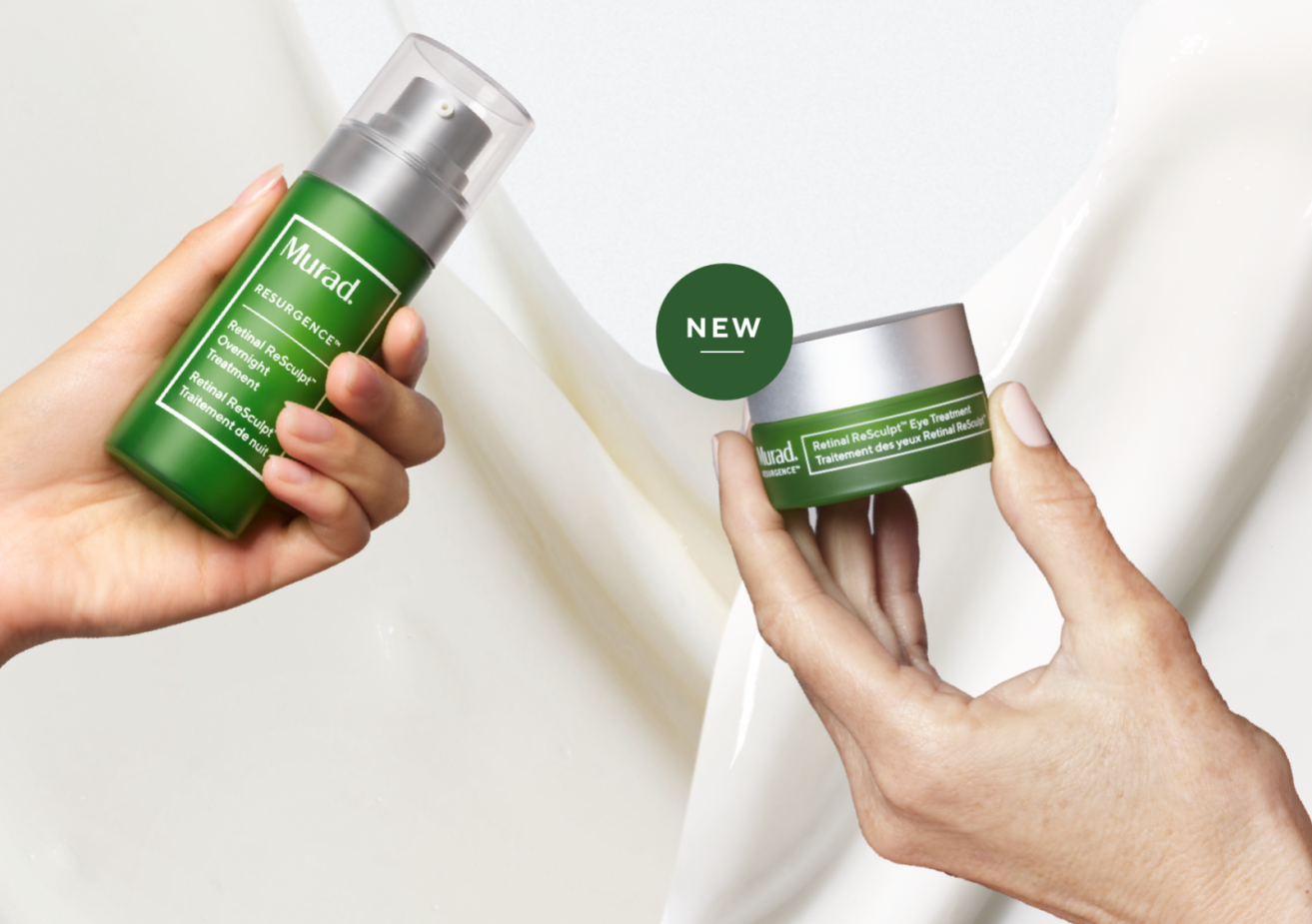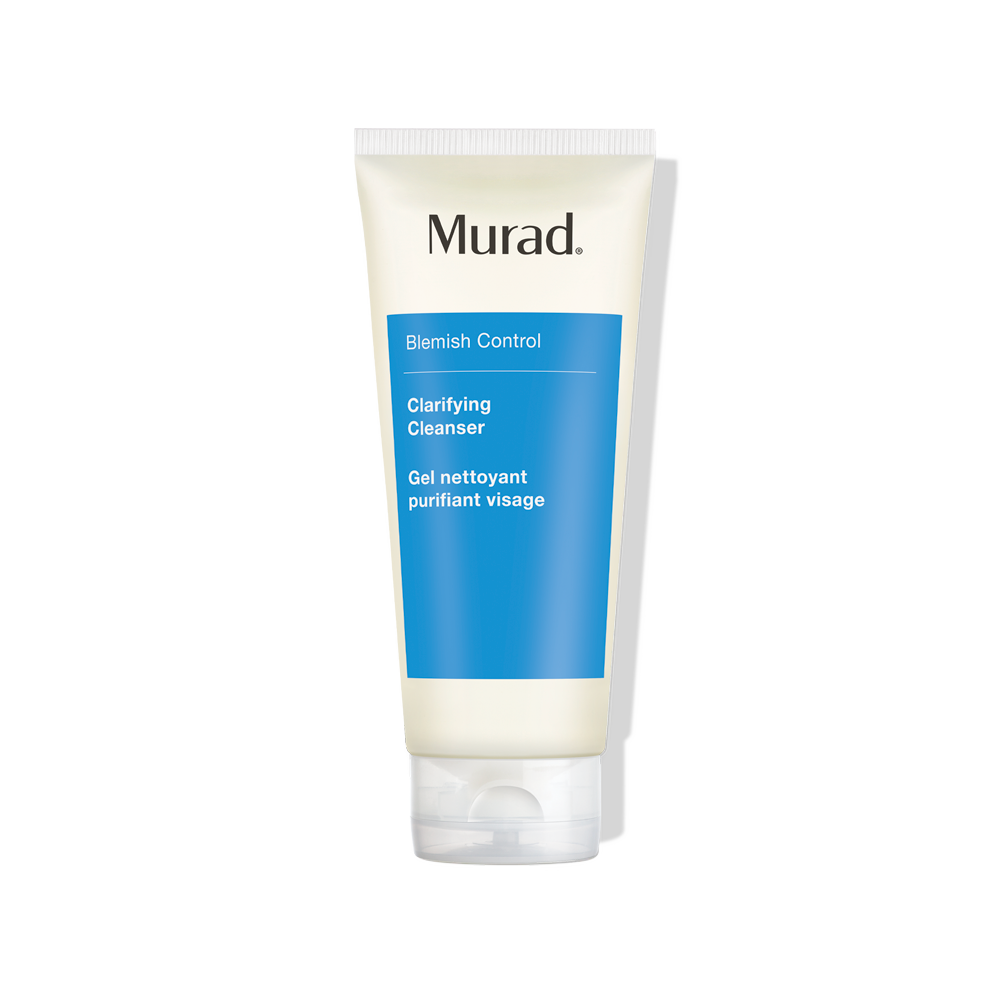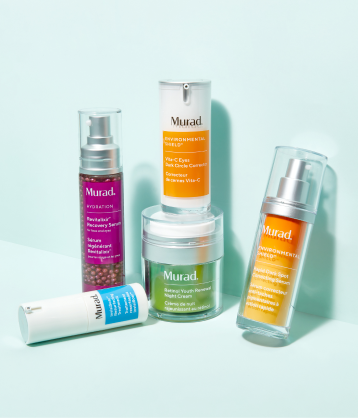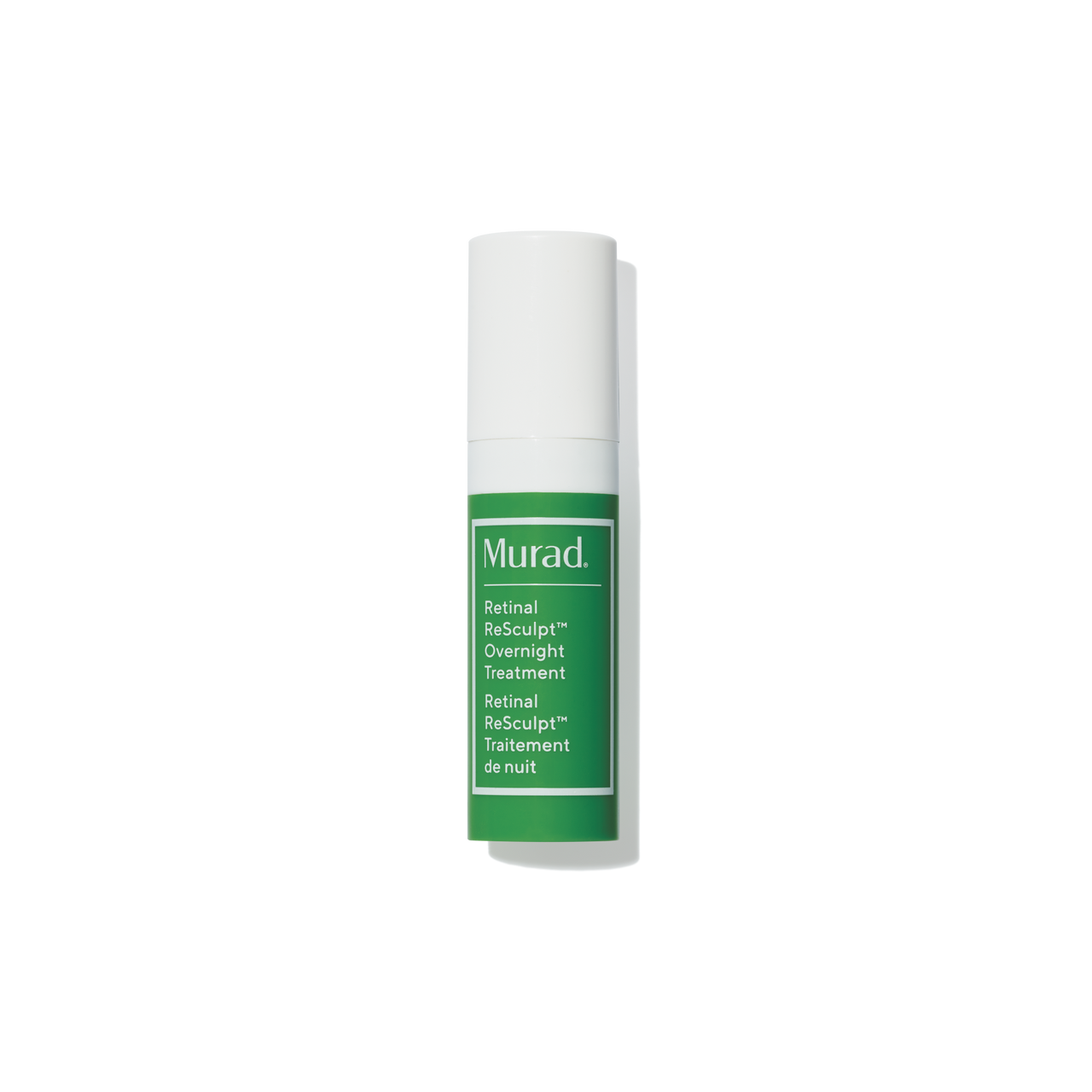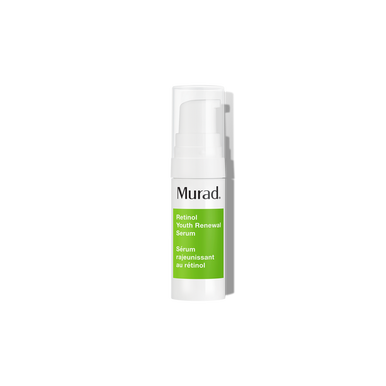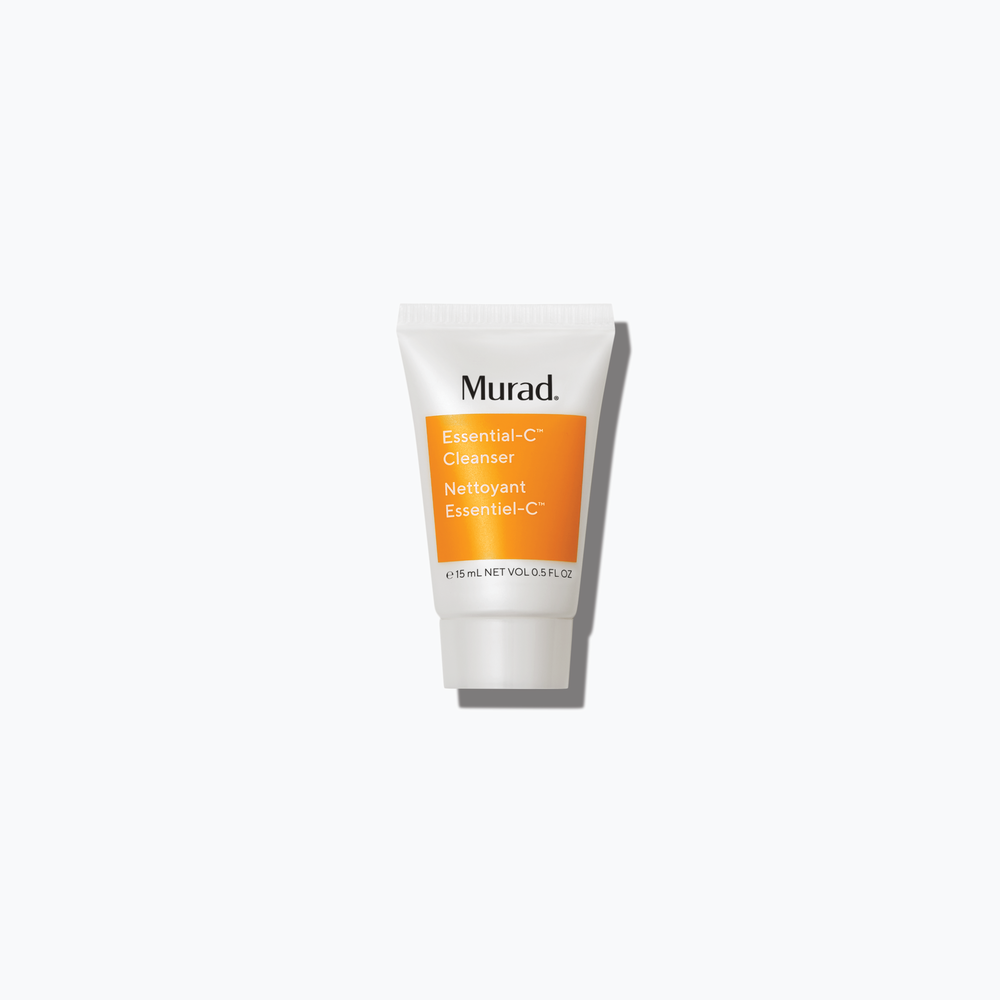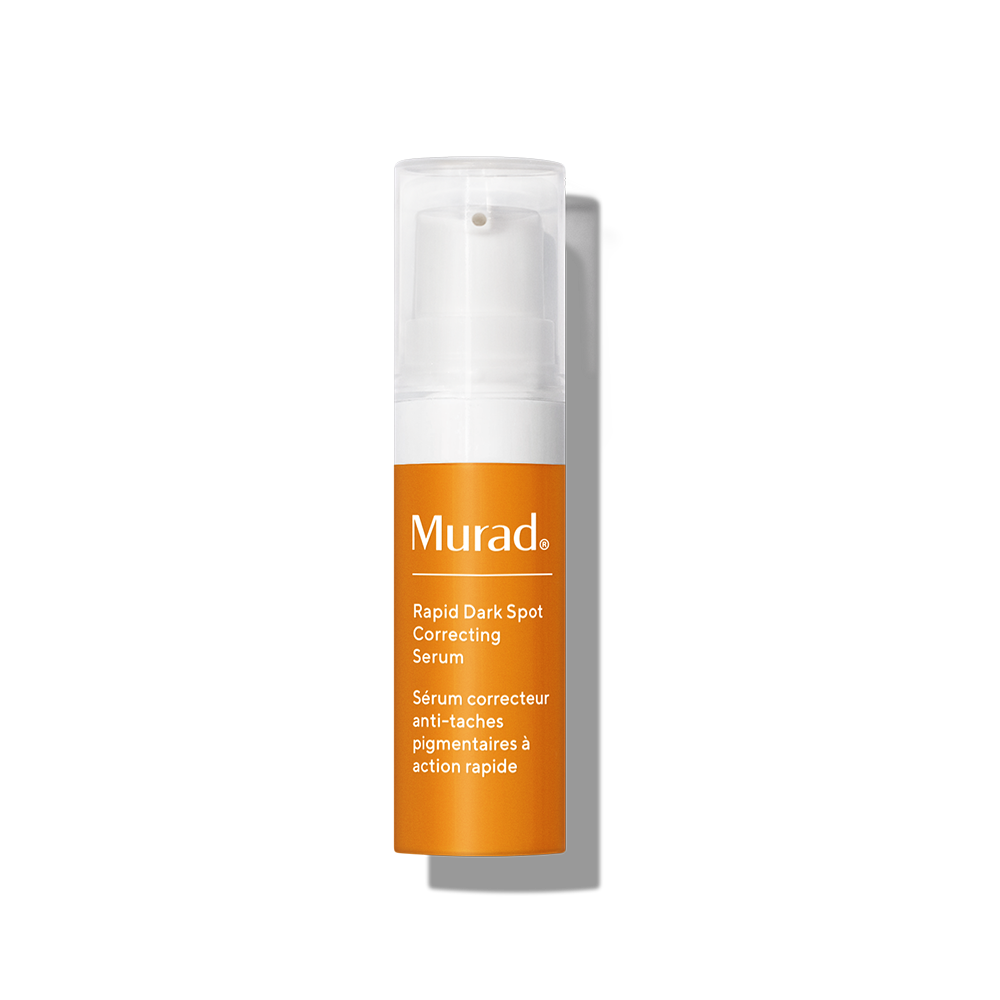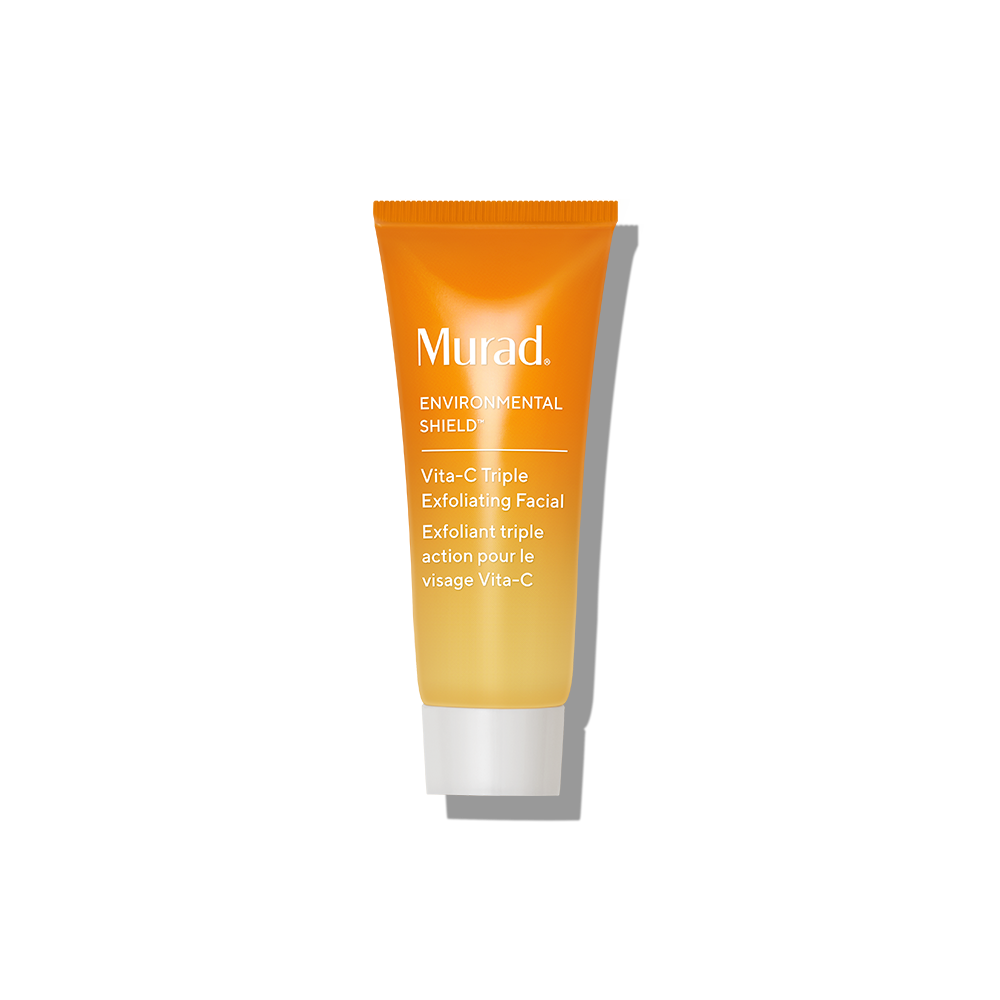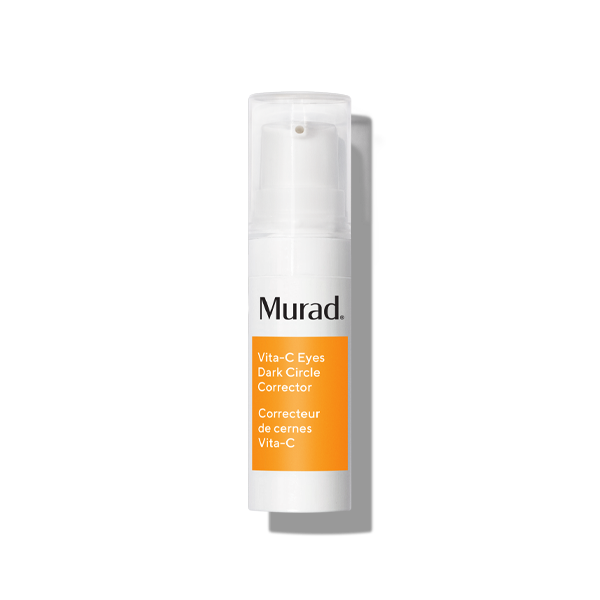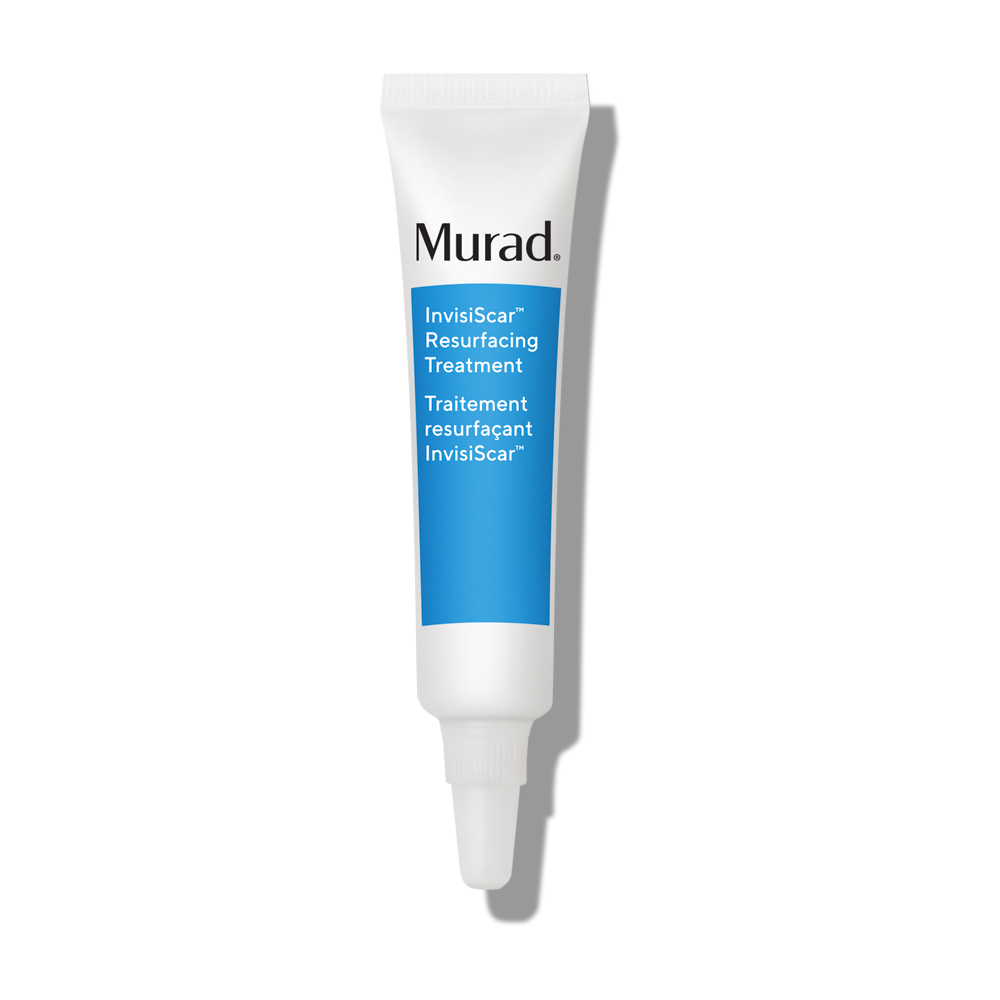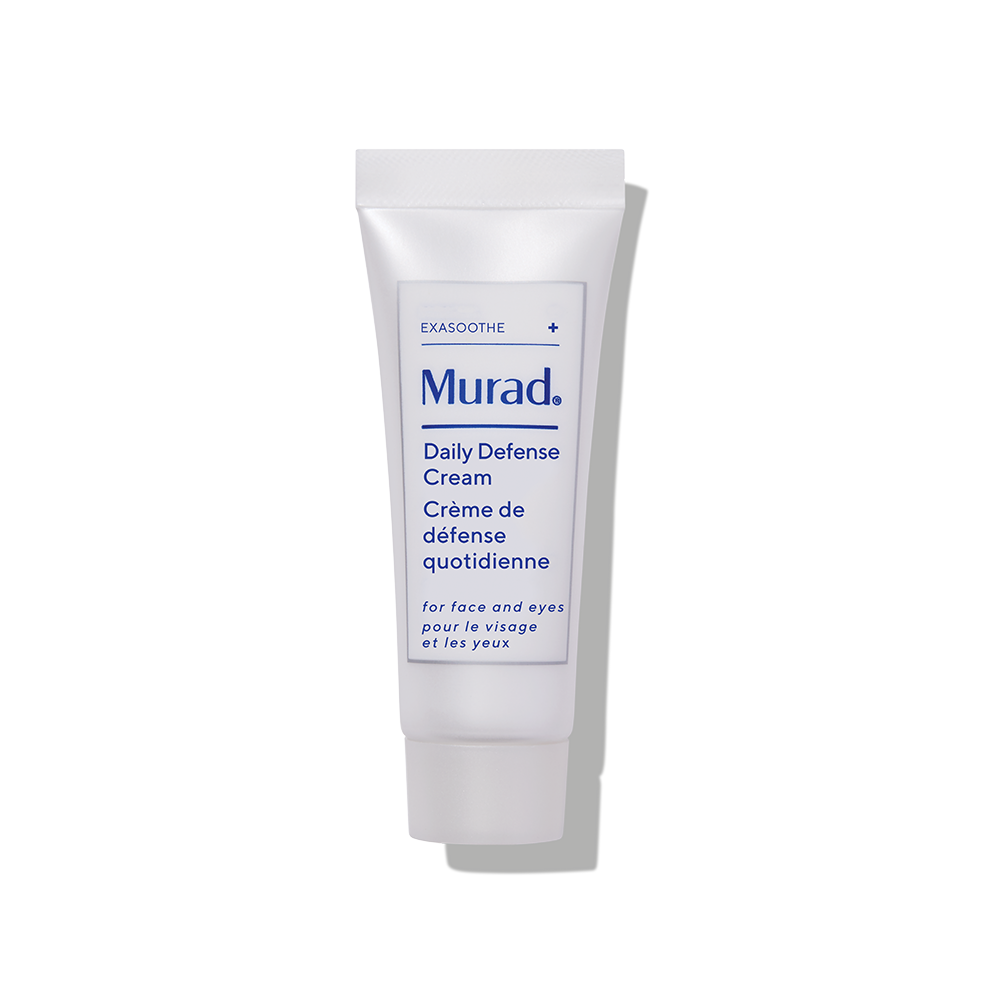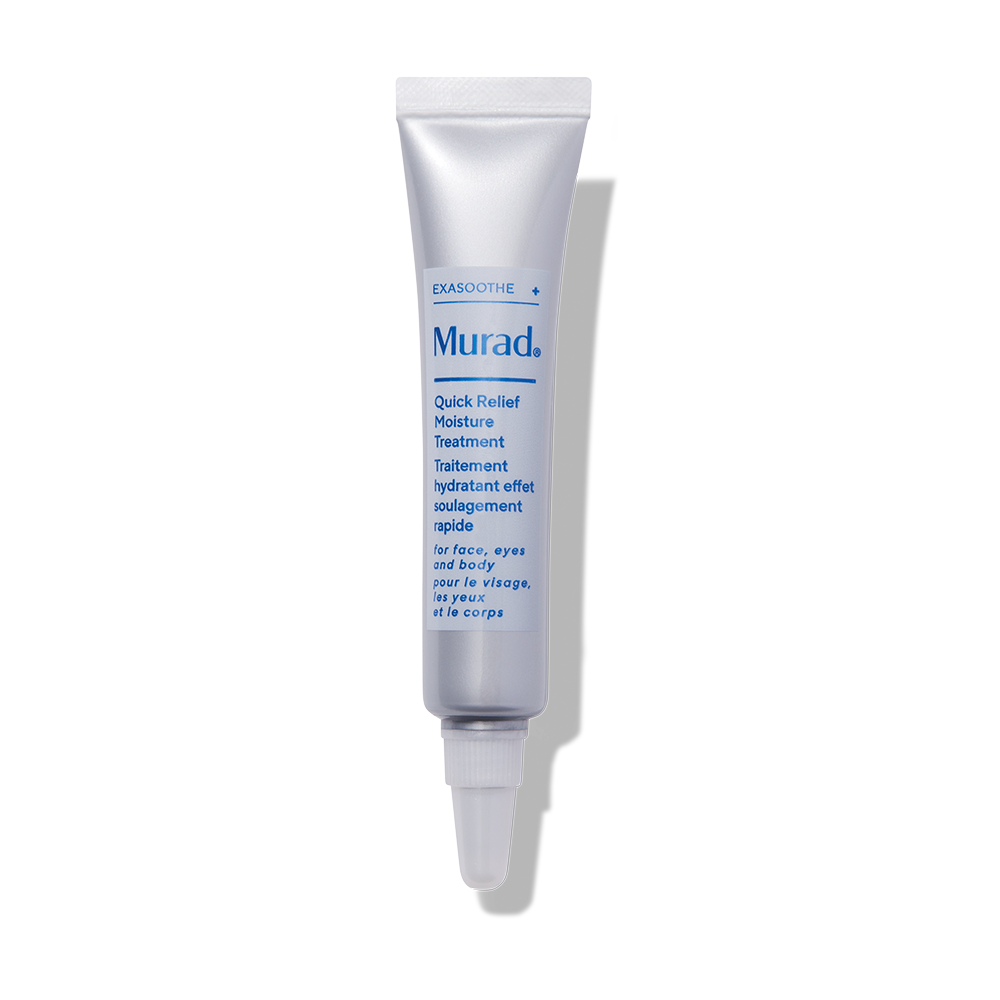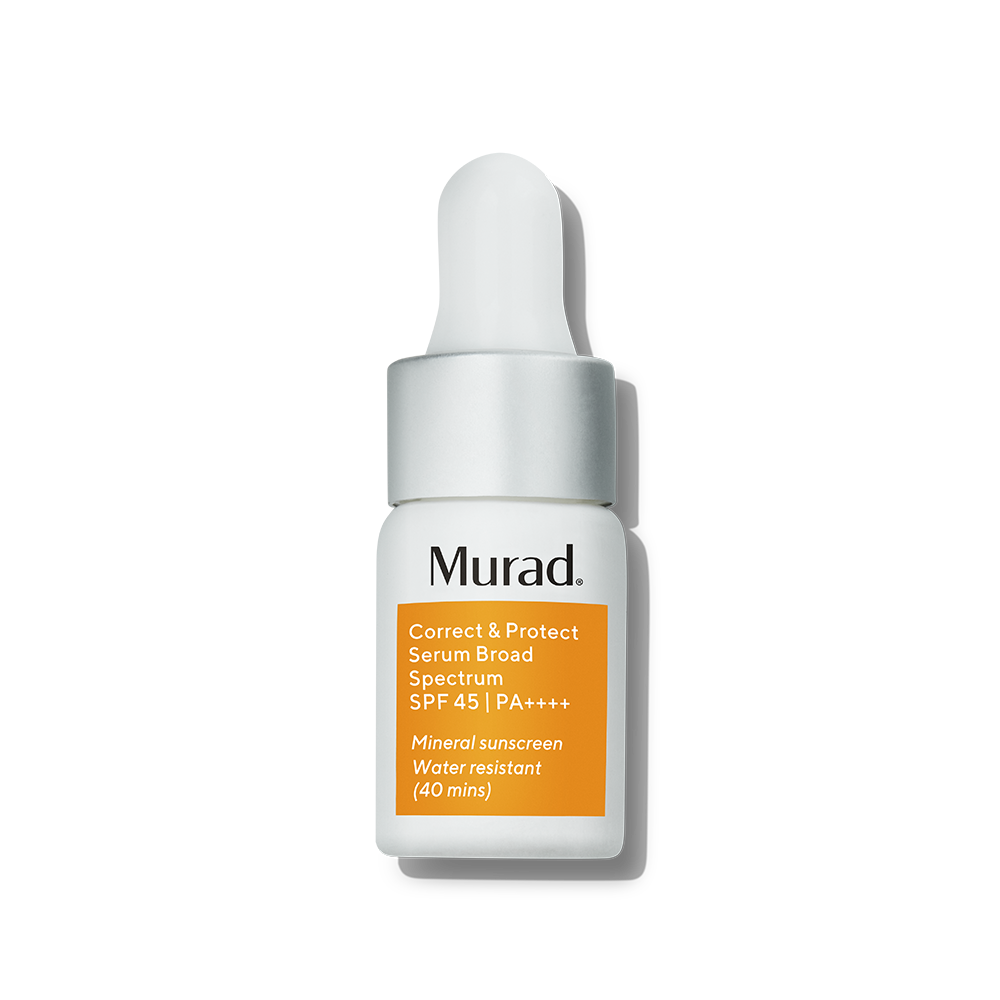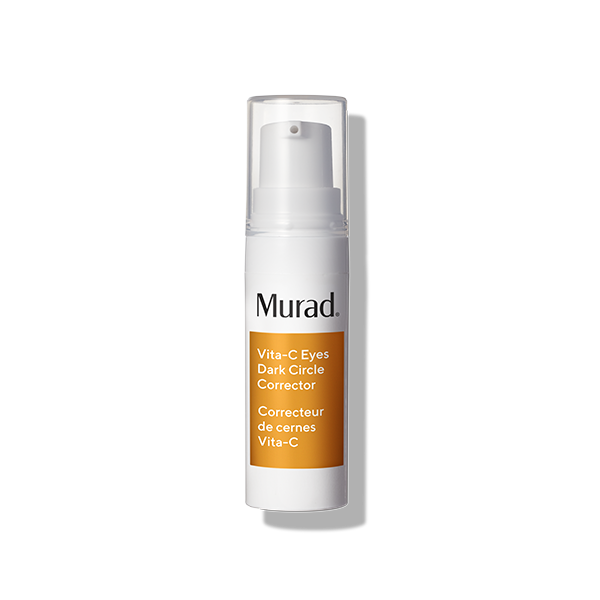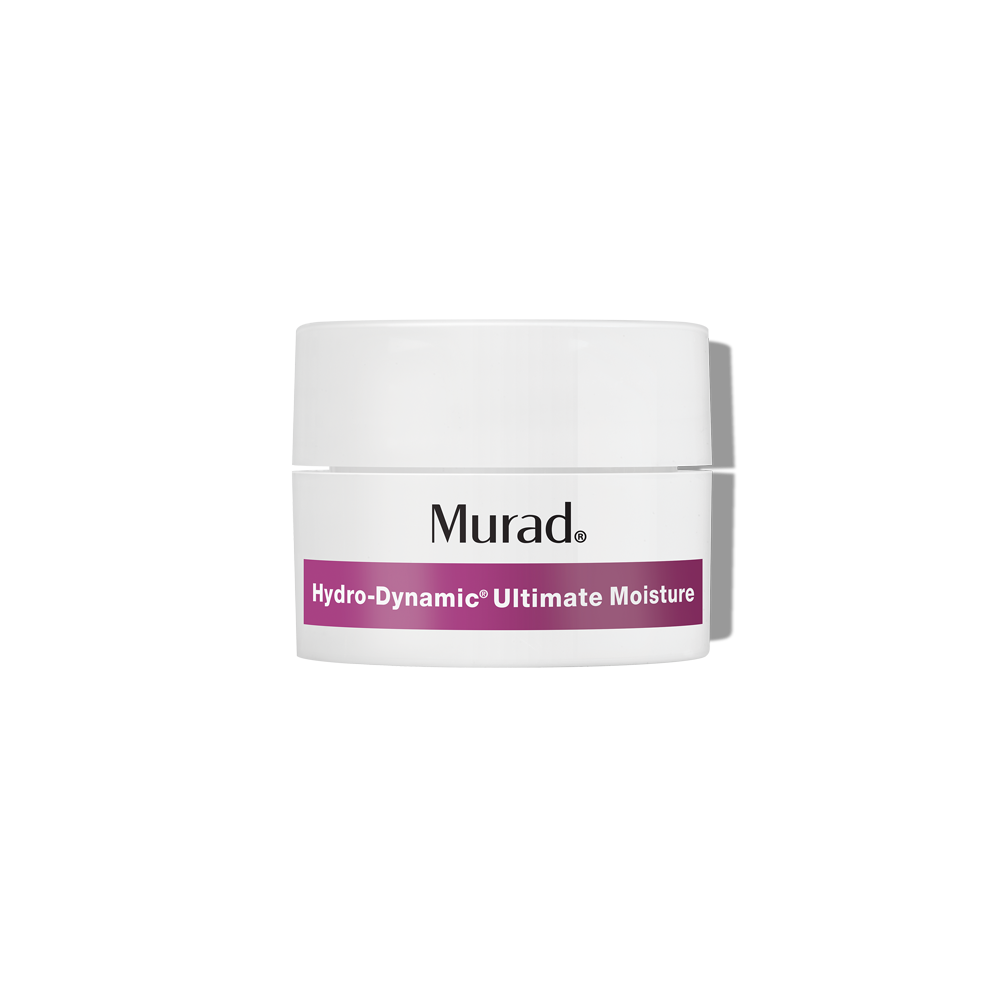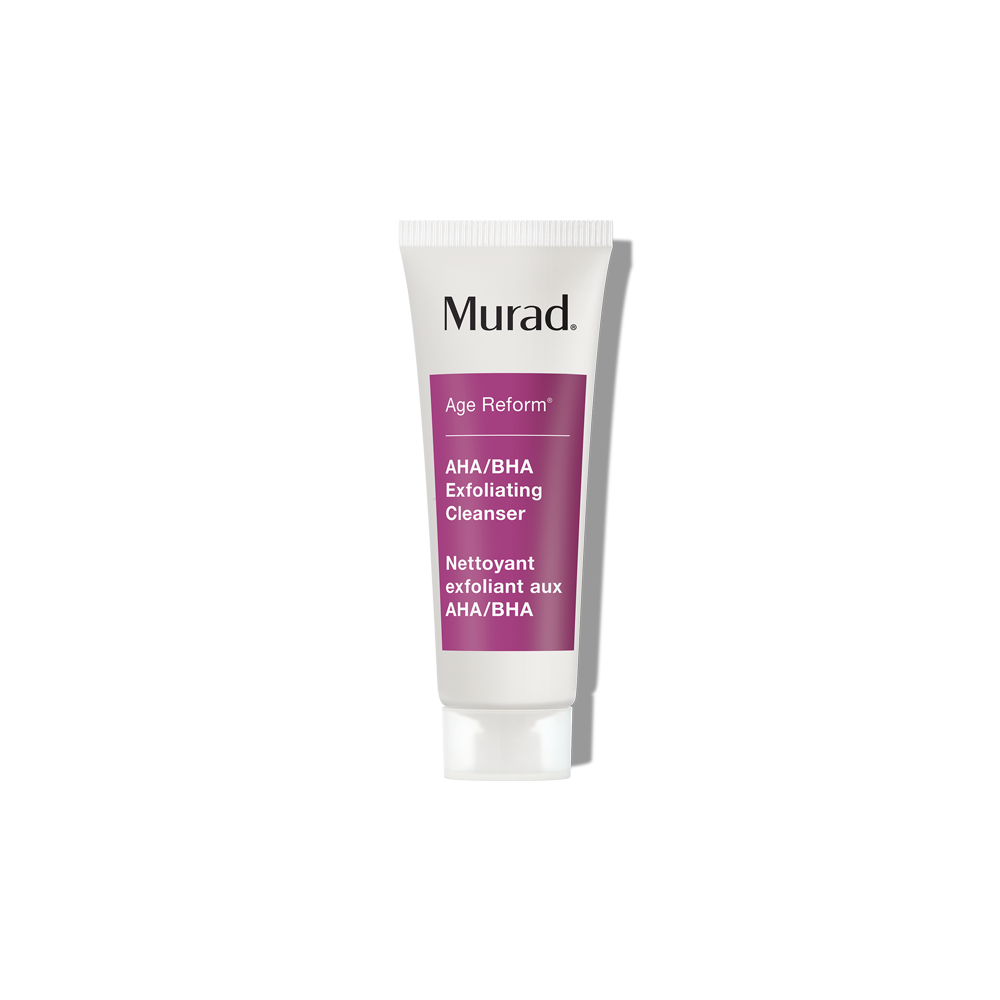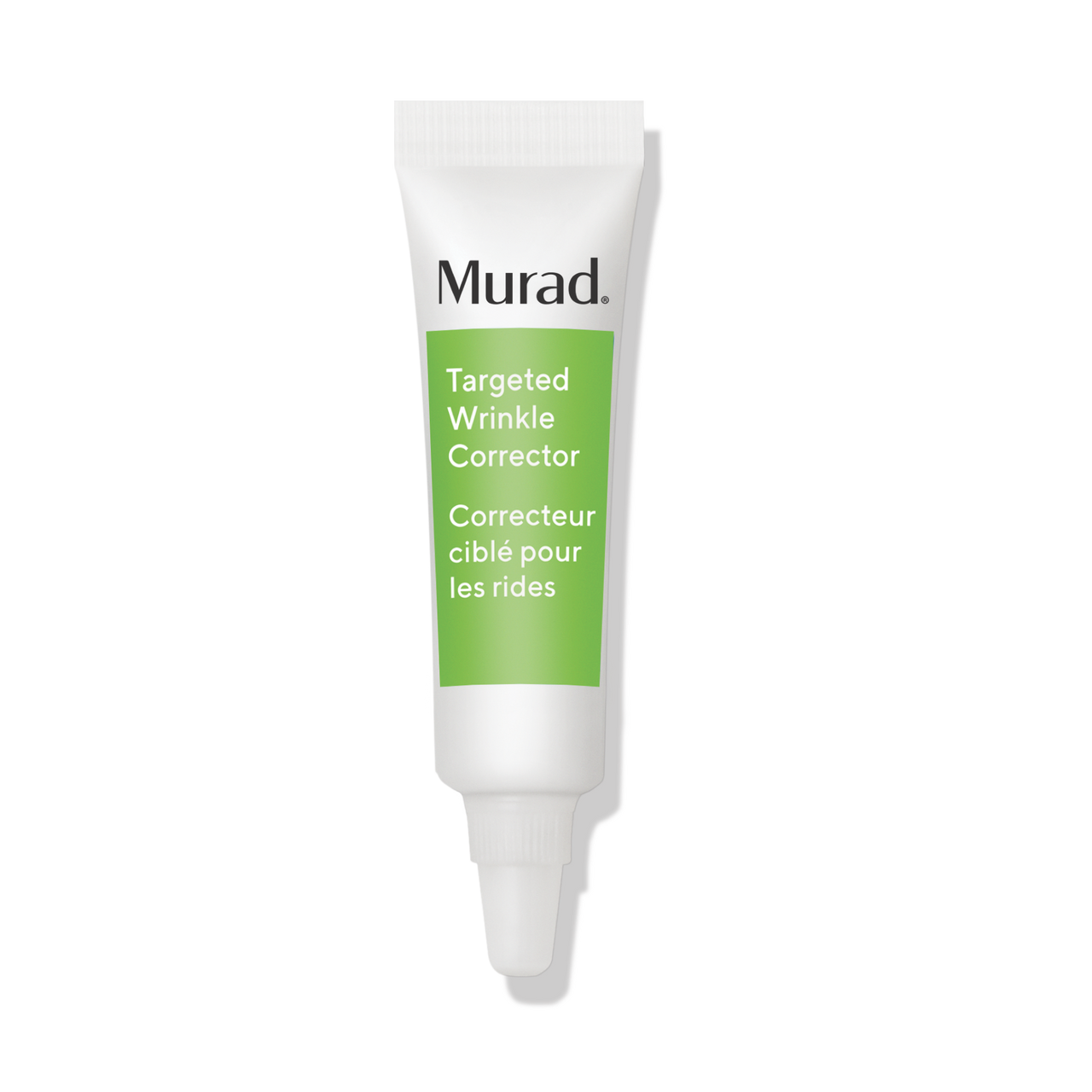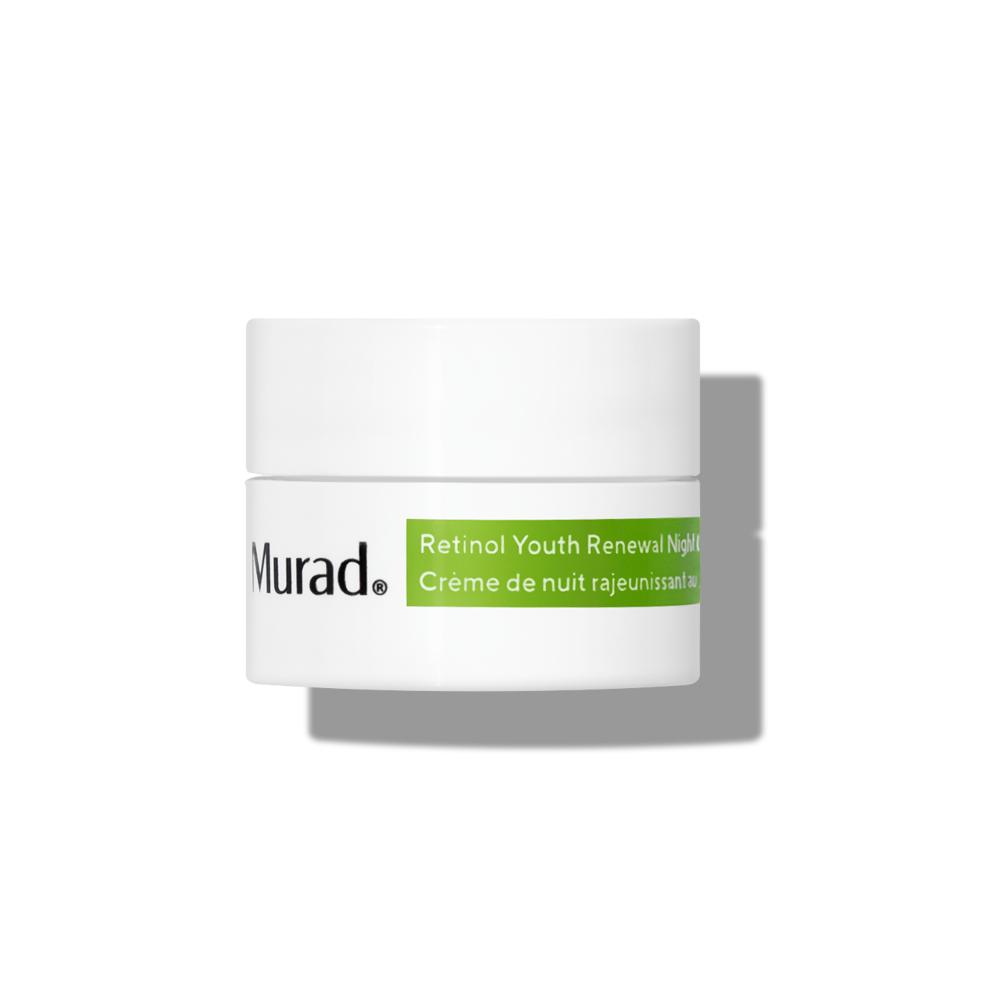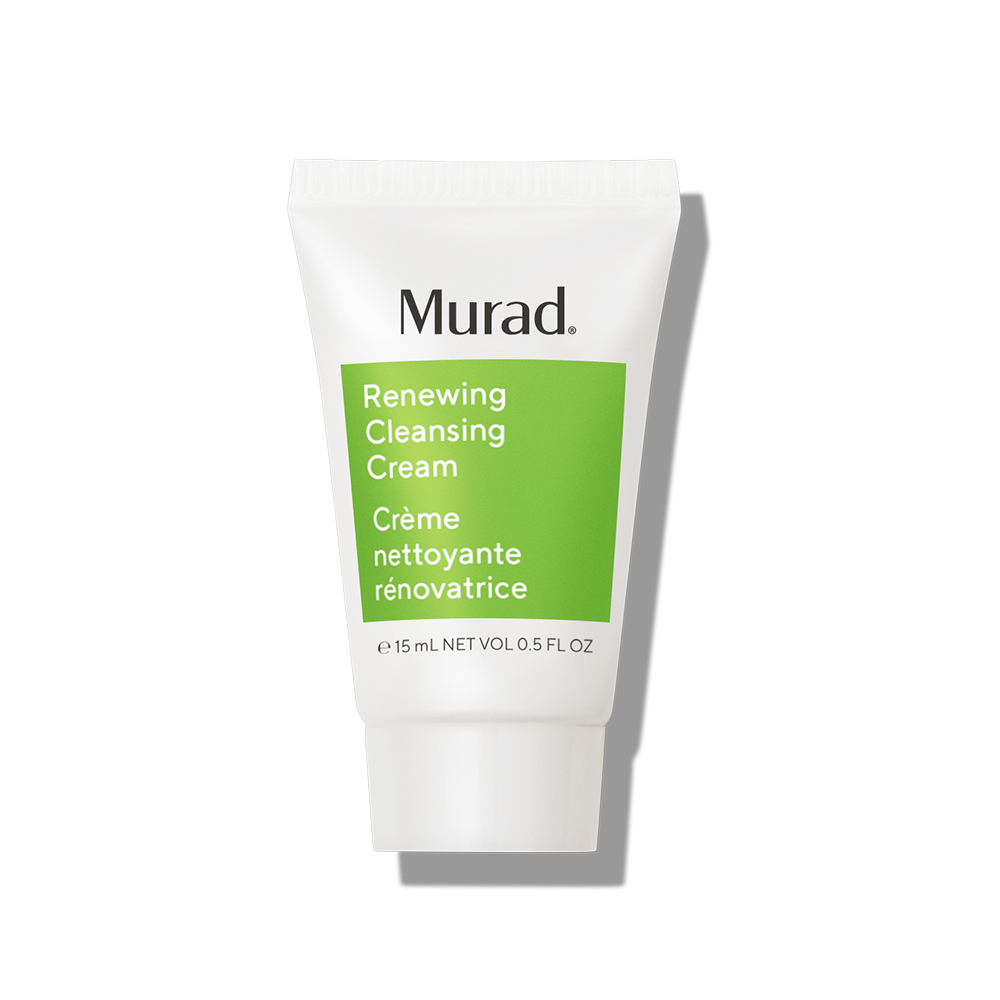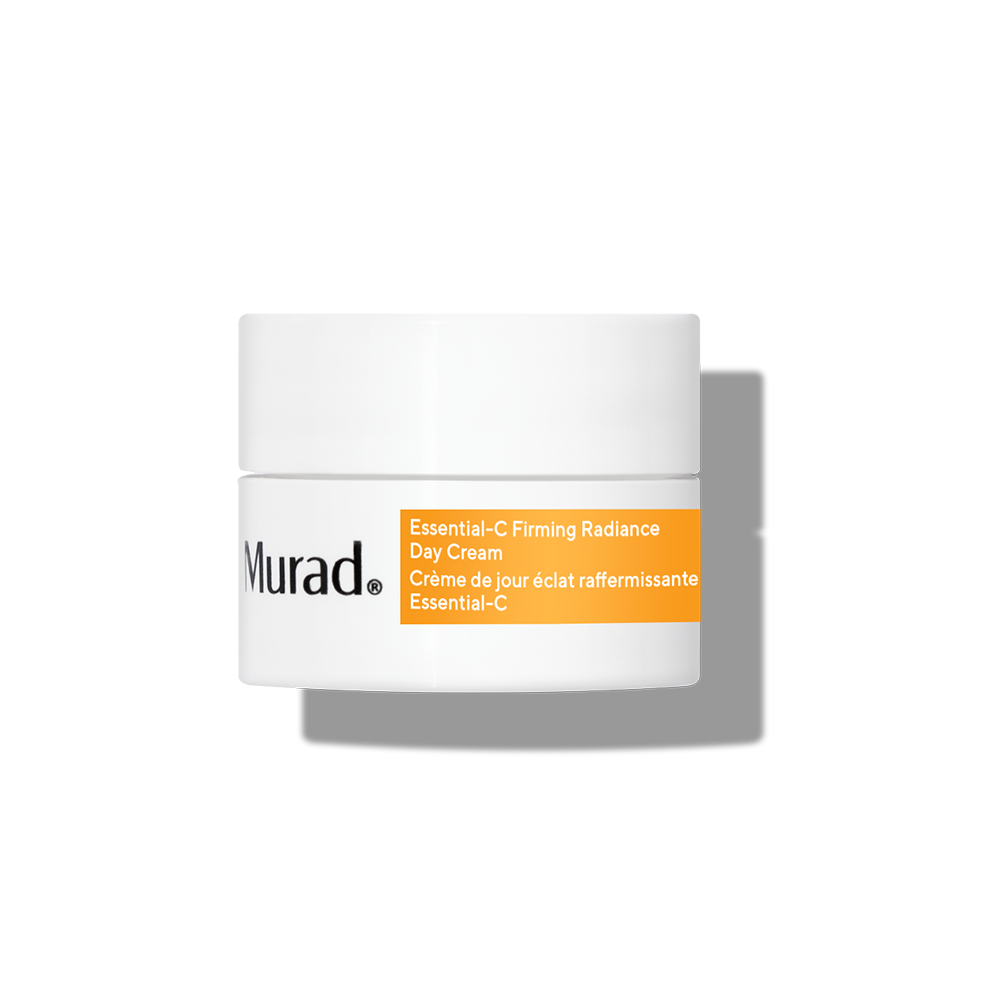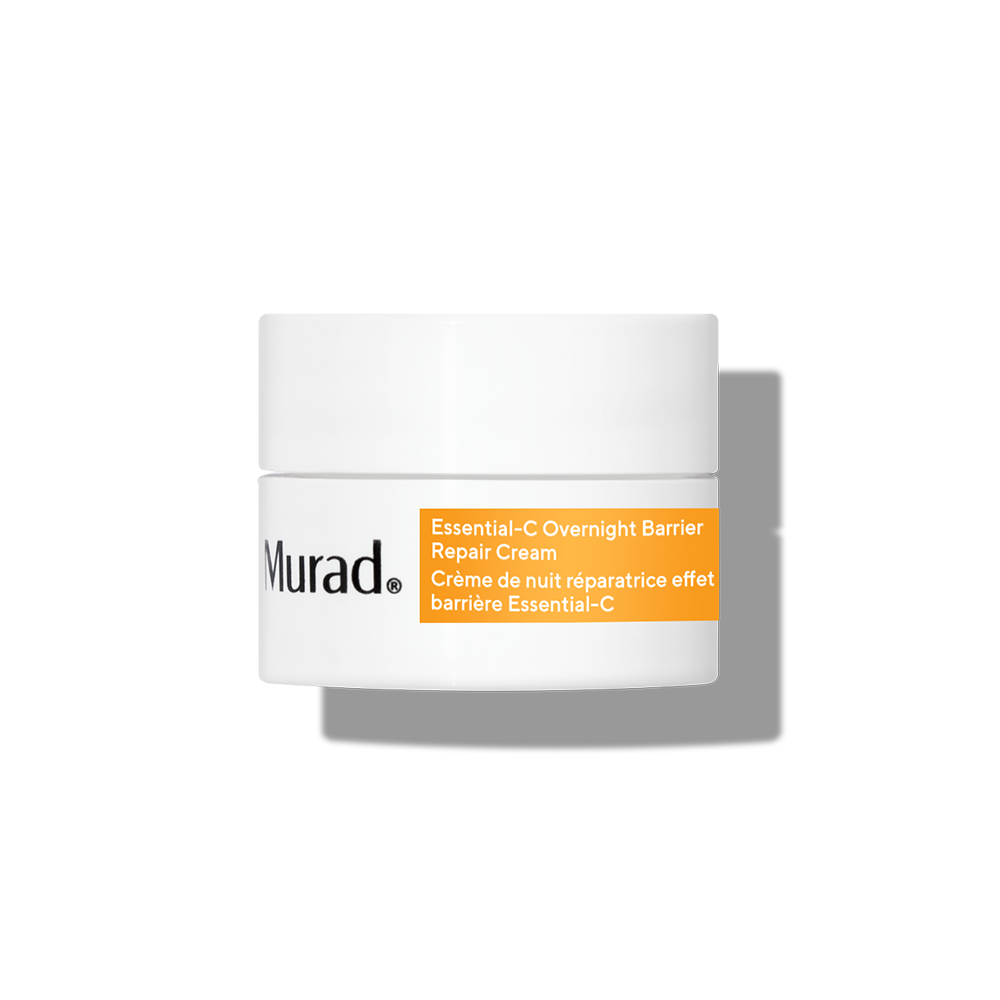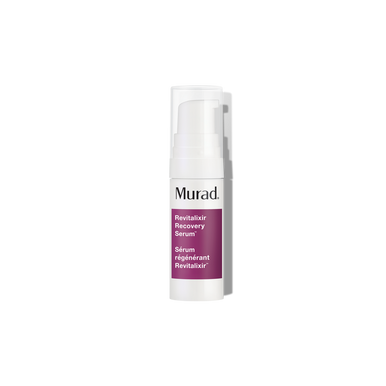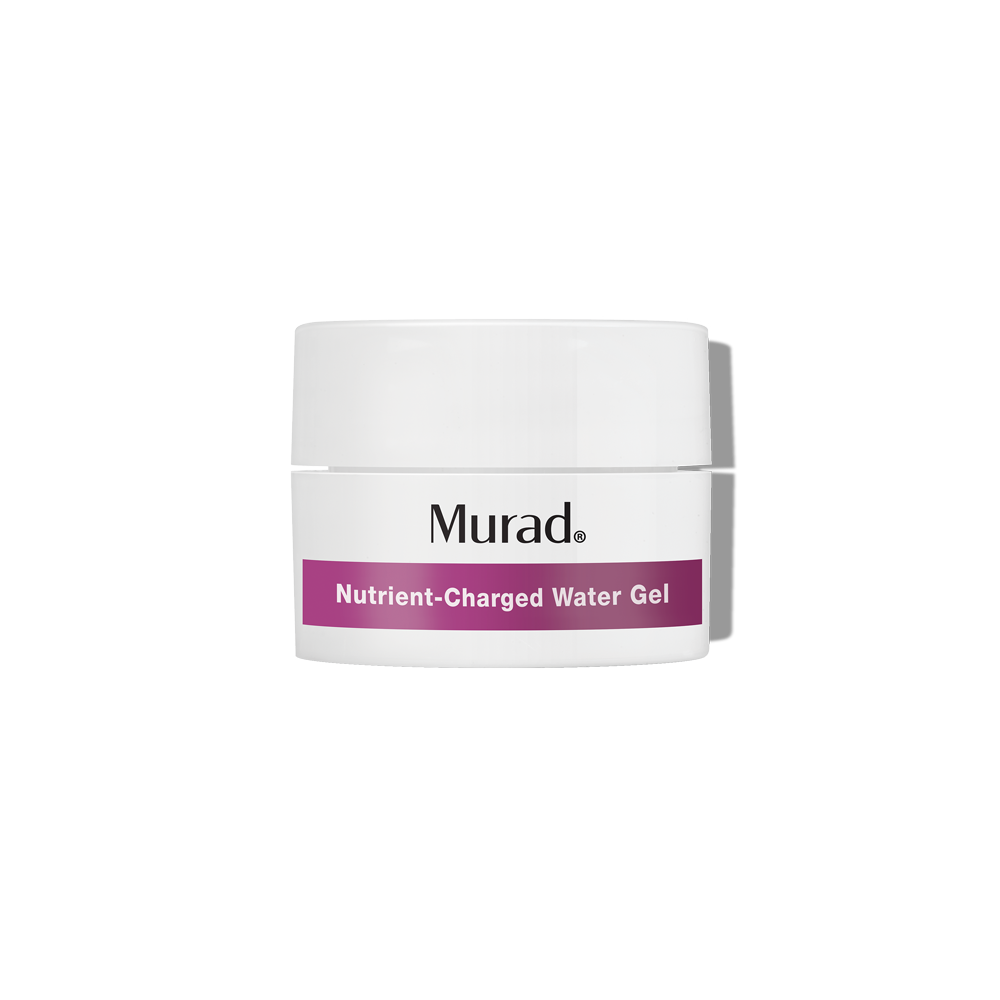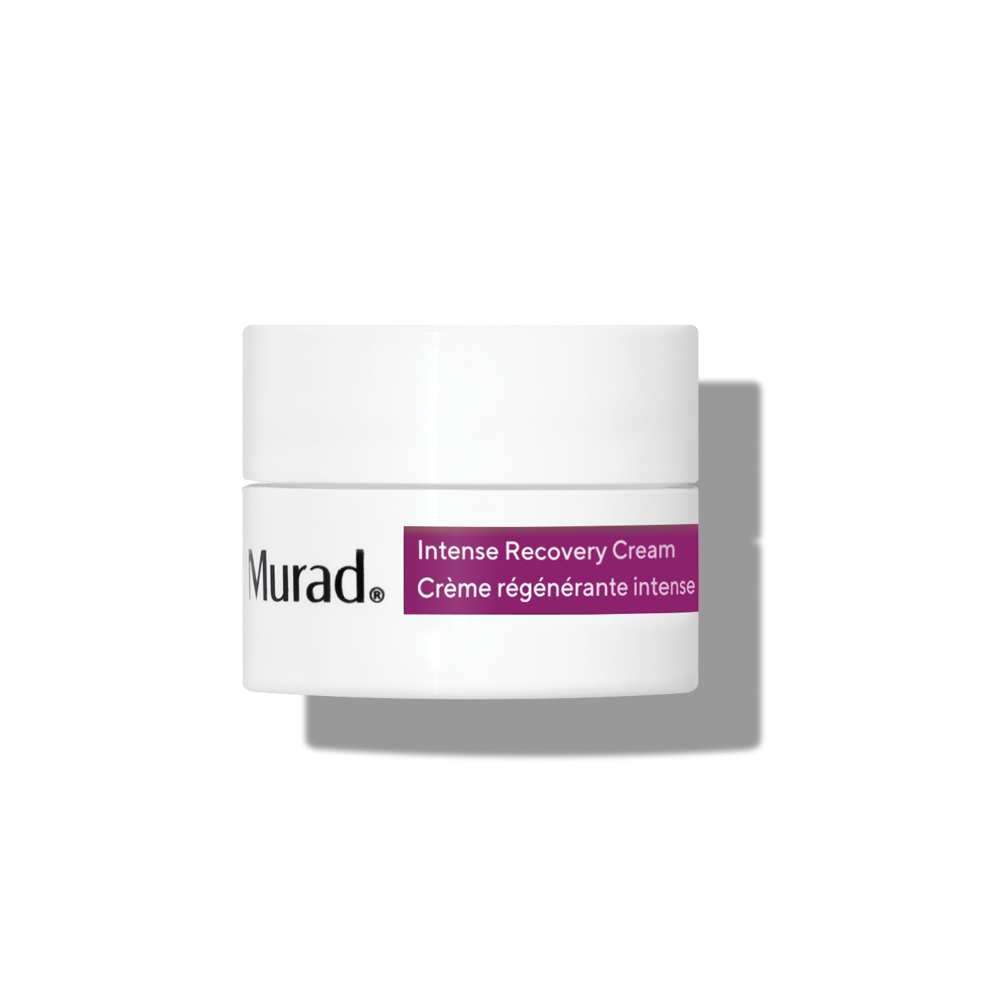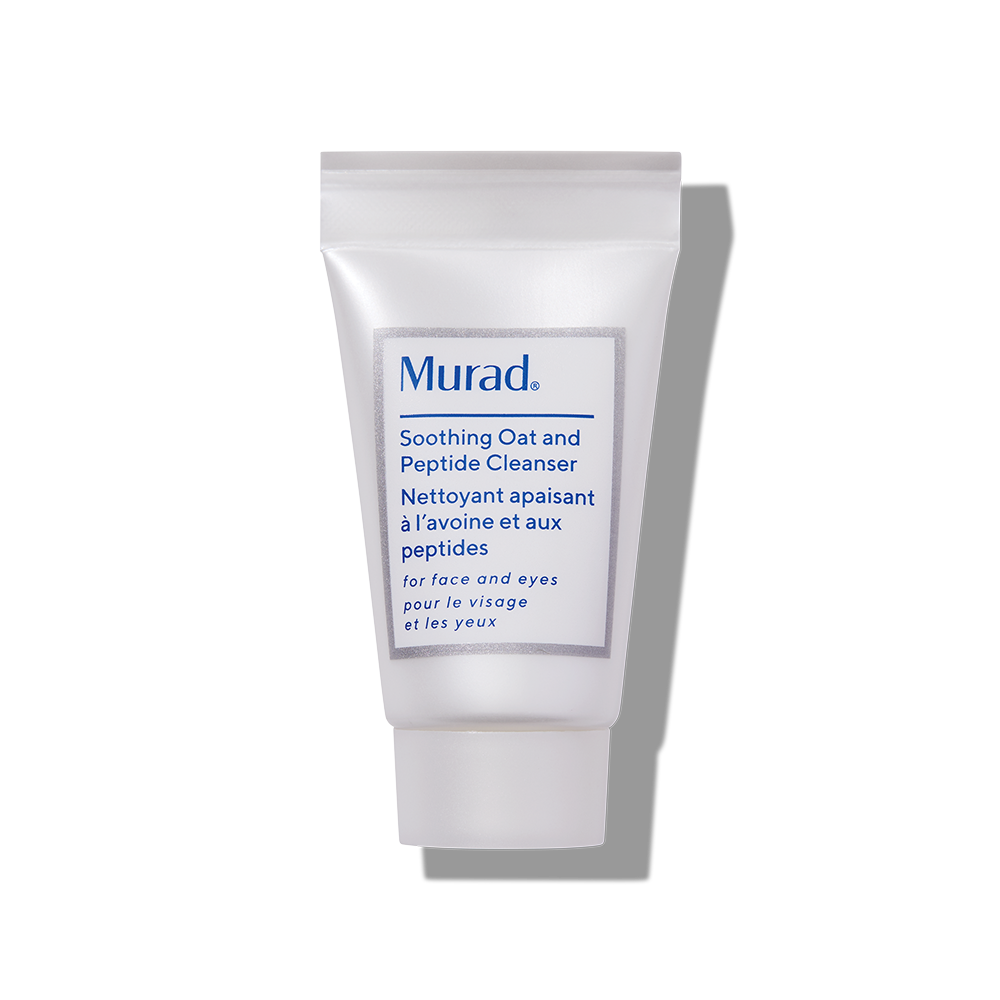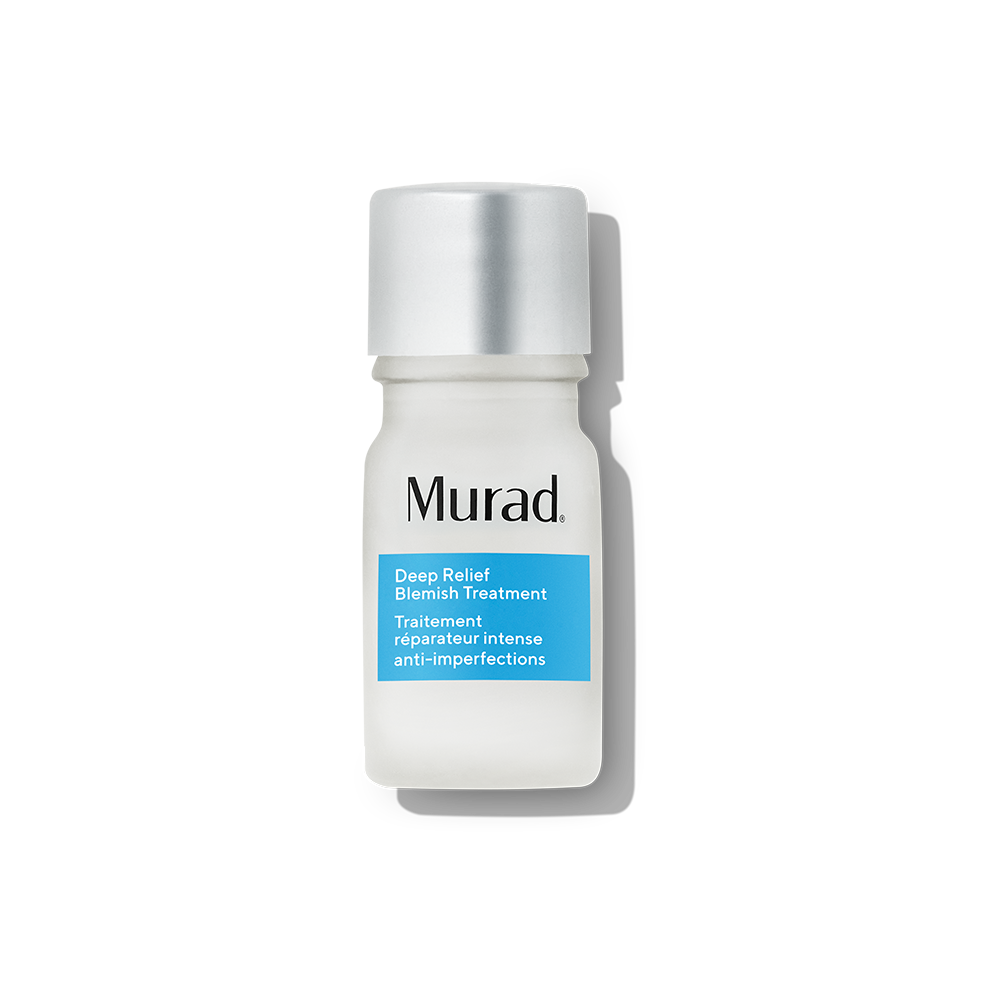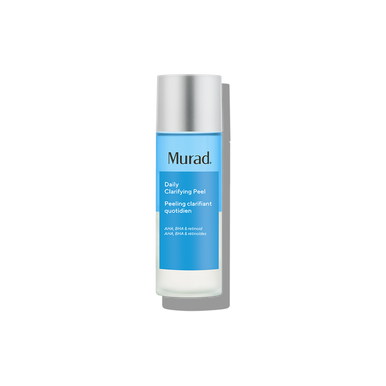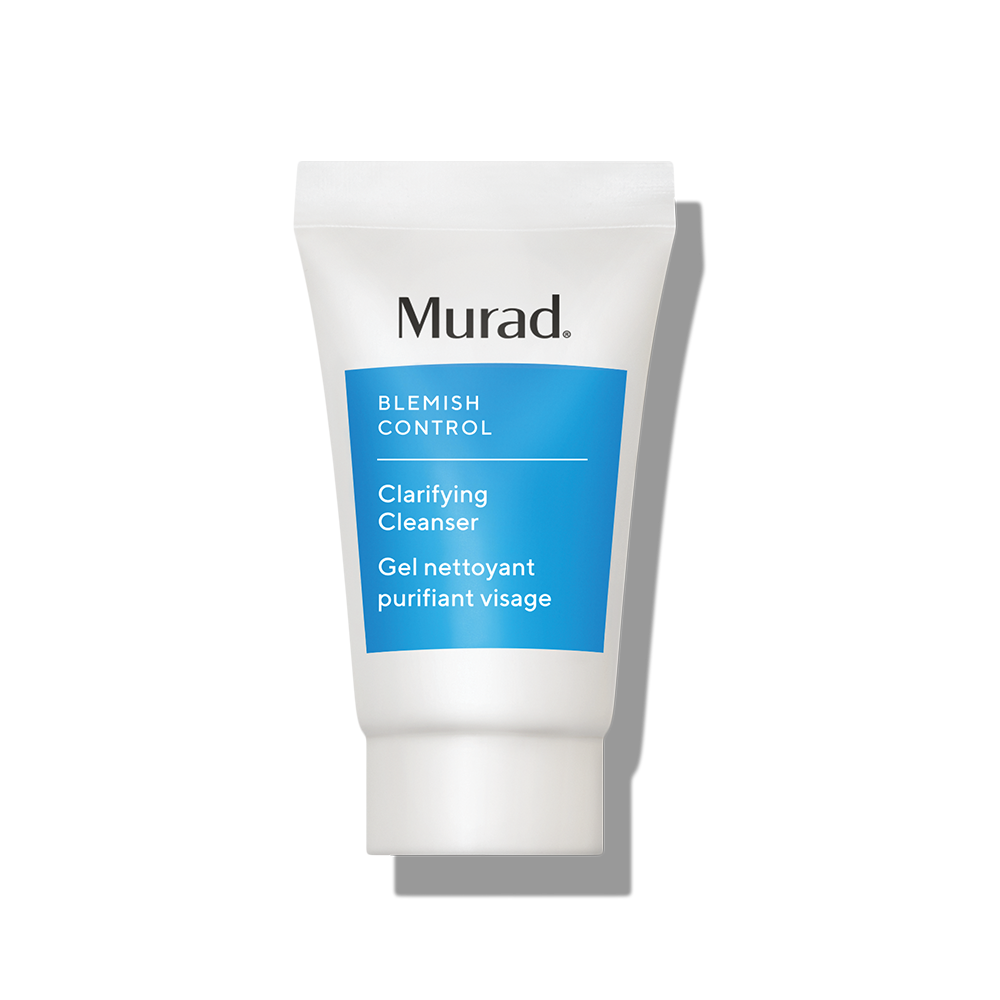Resist the Myths
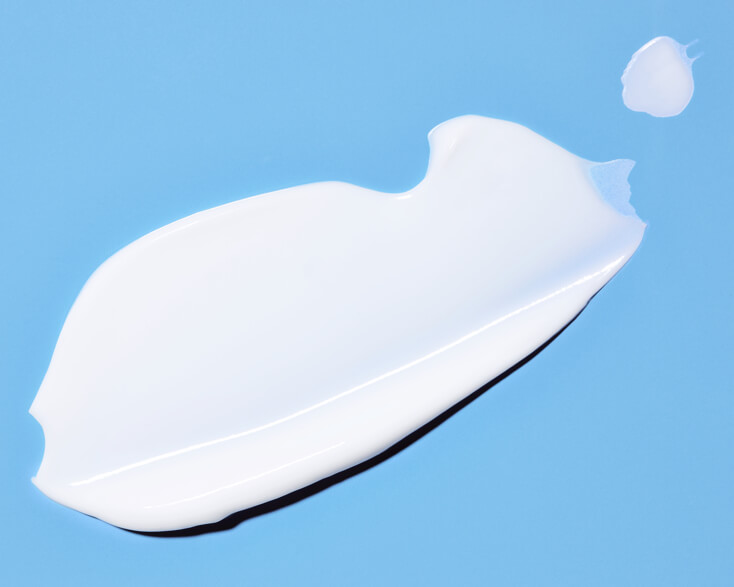
Be honest: you’ve done some creative things to your skin in the name of taking down oiliness and shine. As much as you’ve Googled solutions on how to control oily skin or how to get rid of oily skin, myths about oily skin abound—and they’re messing with your skin.
Before you search engine yourself any further down the rabbit hole of misinformation, turn to Dr. Howard Murad to dispel myths on what causes oily skin. Dermatologist, pharmacist, father of Modern Wellness, and all-around skincare mythbuster, Dr. Murad has been dispelling myths about what causes oily skin since his Los Angeles-based dermatology practice opened more than 50 years ago. His skincare routines for oily and acne-prone skin are part product regimen, part wellness—meaning eating right and being proactive about selfcare, like exercising to get your blood flowing and getting enough sleep to reduce stress.
Here are some of the top oily-prone skin myths—plus facts on how to treat oily skin—direct from Dr. Murad.
Myth: “SPF makes me oilier.”
Reality: FALSE! Gone are the days of chalky, thick, suffocating SPFs. Today’s SPFs are non-greasy, won’t clog pores and have ingredients to help keep skin clear. Dr. Murad recommends looking for a broad spectrum, oil-free SPF 30 to use as part of your morning regimen.
Myth: “I just need to cleanse more.”
Reality: FALSE! Obsessively cleansing your skin may seem to be the solution, as it feels like all the oils are being washed right down the drain. But, Dr. Murad says, “Over-cleansing can strip oils that your barrier needs. Cleanse just 2x a day, and always follow with a moisturiser.”
Myth: “I’m too oily for moisturiser.”
Reality: FALSE! Skipping moisturiser to help minimize surface oil and shine can make your skin more oily. Moisturisers help prevent dryness. Properly moisturised skin helps prevent oil glands from going into overdrive to produce oil to protect the skin’s barrier.
If sweeping moisturiser over your skin spikes your nerves, Dr. Murad has a suggestion: “Look for words like ‘oil-free’ or ‘lightweight’ when choosing a moisturiser. I also recommend Clarifying Oil-Free Water Gel and Oil and Pore Control Mattifier Broad Spectrum SPF 30 that give skin essential yet water-light hydration while controlling oil.”
Myth: “Sunscreen makes my oily skin worse.”
Reality: FALSE. SPF for skin health is a non-negotiable—and it helps prevent premature ageing issues dark spots and wrinkles. SPFs of the past were thick, chalky, had a visible white cast, and had to be layered over your current skincare regimen. “Today’s SPF technology is as light, as smooth, and as invisible as a moisturiser,” says Dr. Murad. “And, they take a less-is-more approach by combining protection and treatment in one step.” When SPFs make skin look as smooth and balanced as your favorite moisturiser, you can’t not use it.
Myth: “My diet and lifestyle have nothing to do with my oily skin.”
Reality: FALSE. Everyone—regardless of skin type—can benefit their skin health with water-rich foods, exercise, and stress management. Dr. Murad’s skincare philosophy is built upon the concept that healthy skin begins from the inside out. To help treat and control oily skin, he recommends:
- Healthy skin is hydrated skin. Eat plenty of water-rich fresh fruits and vegetables. They’re high in antioxidants and help keep skin hydrated from the inside out.
- Sleep deprivation weakens the cells in your body (including your skin cells) so be sure to get quality rest every night.
- Stress can cause adrenal glands to overproduce oil and skin cells. Participating in activities that help balance your stress levels can help bring balance to our skin.
